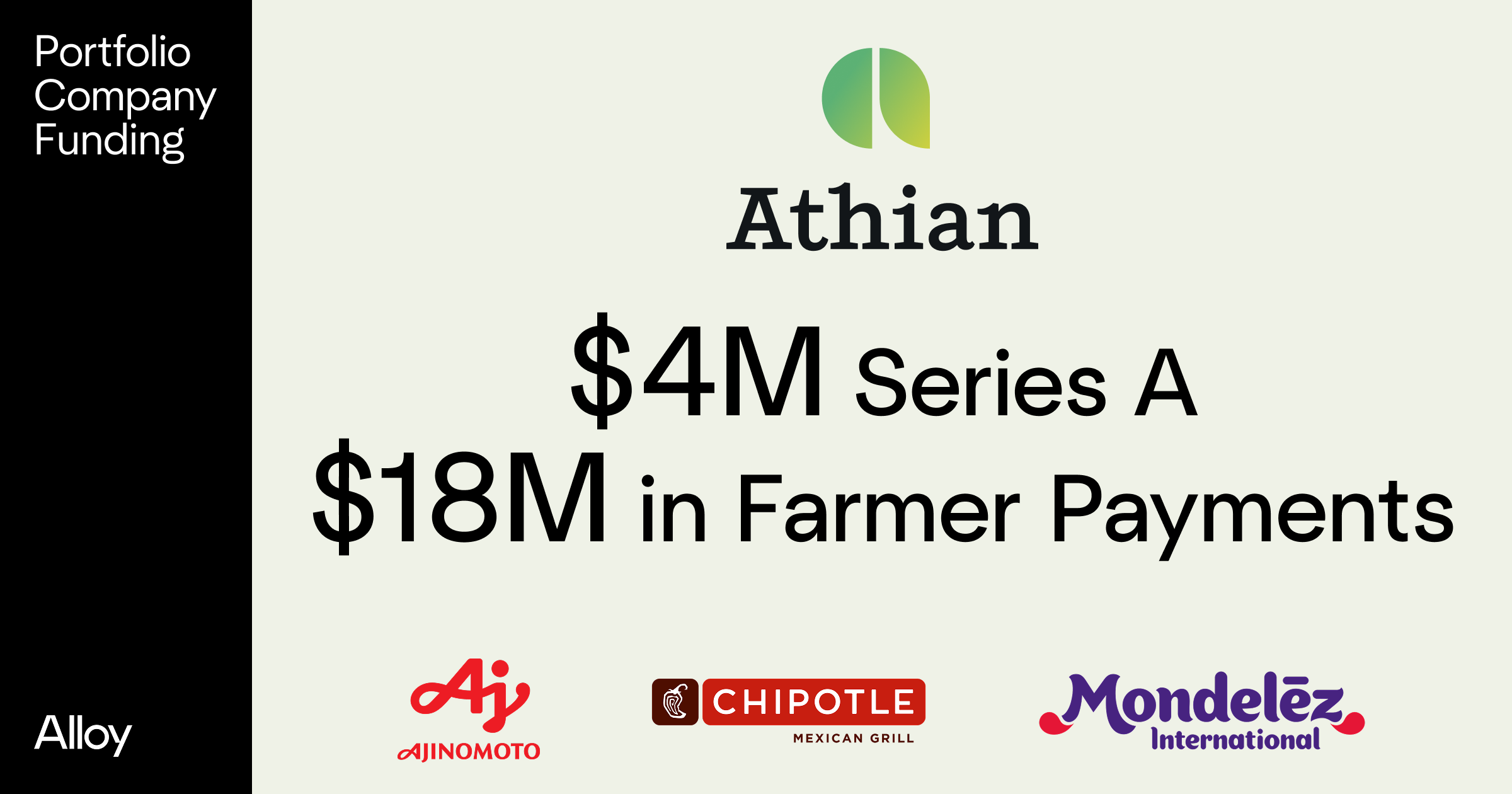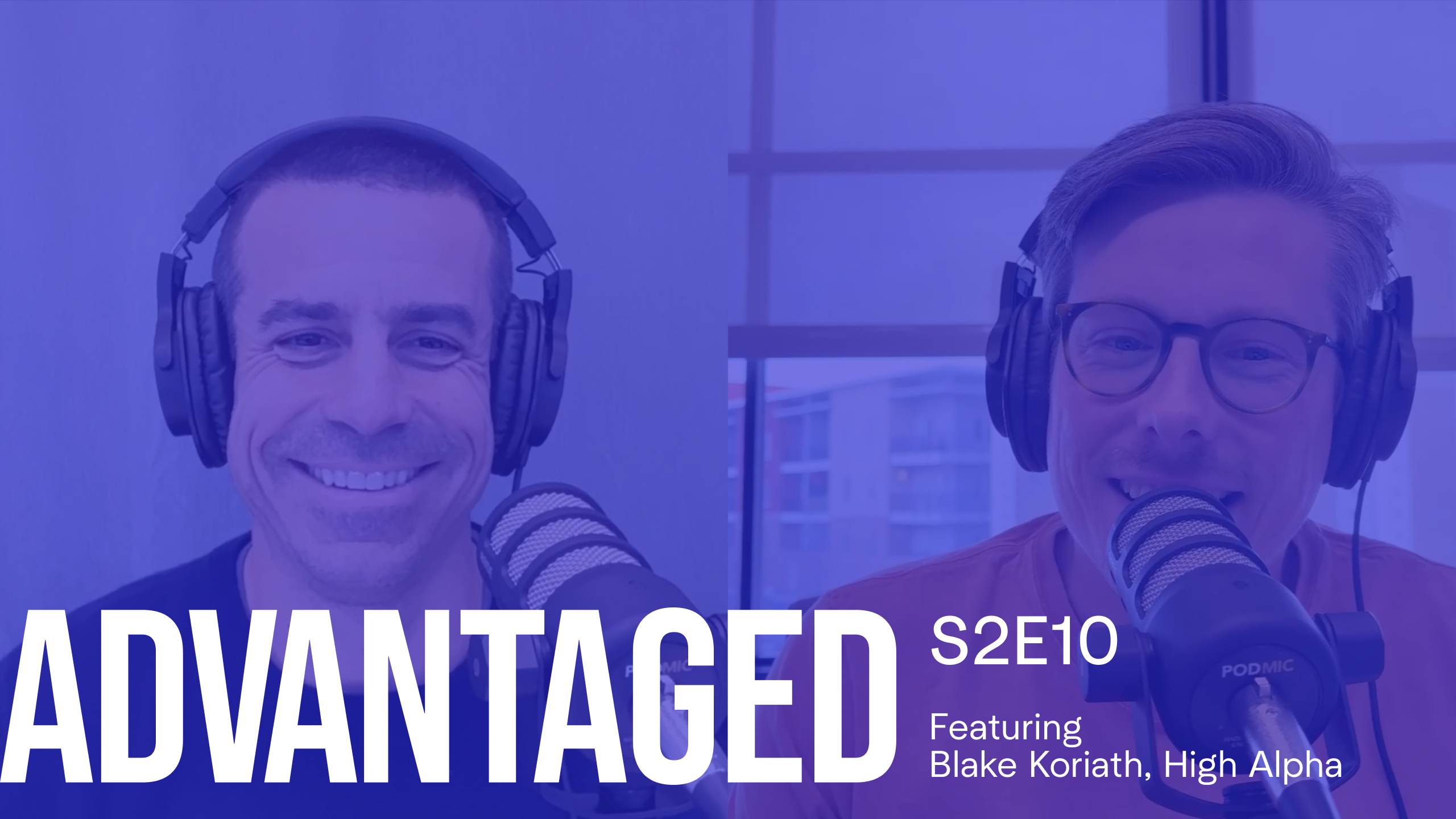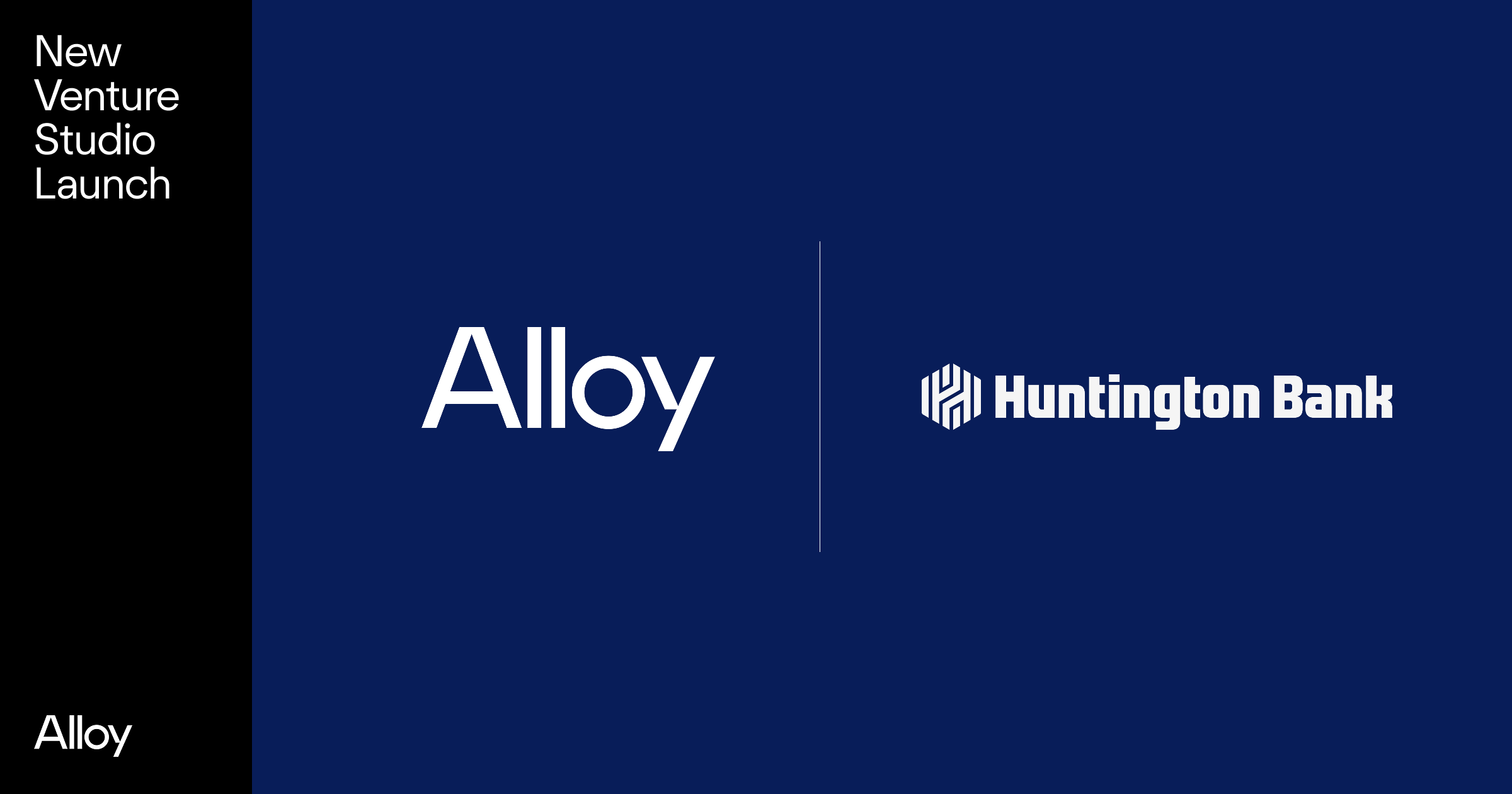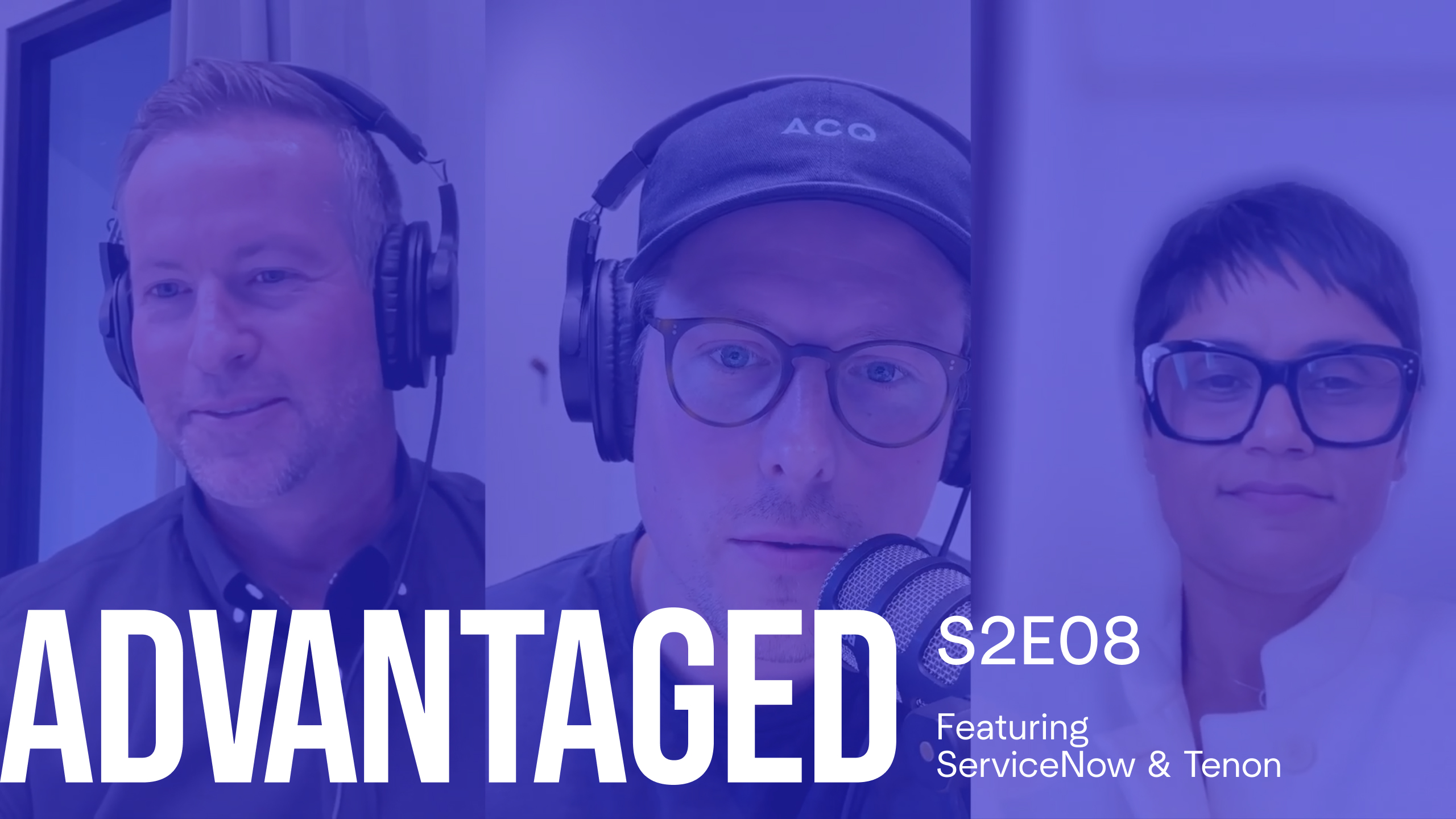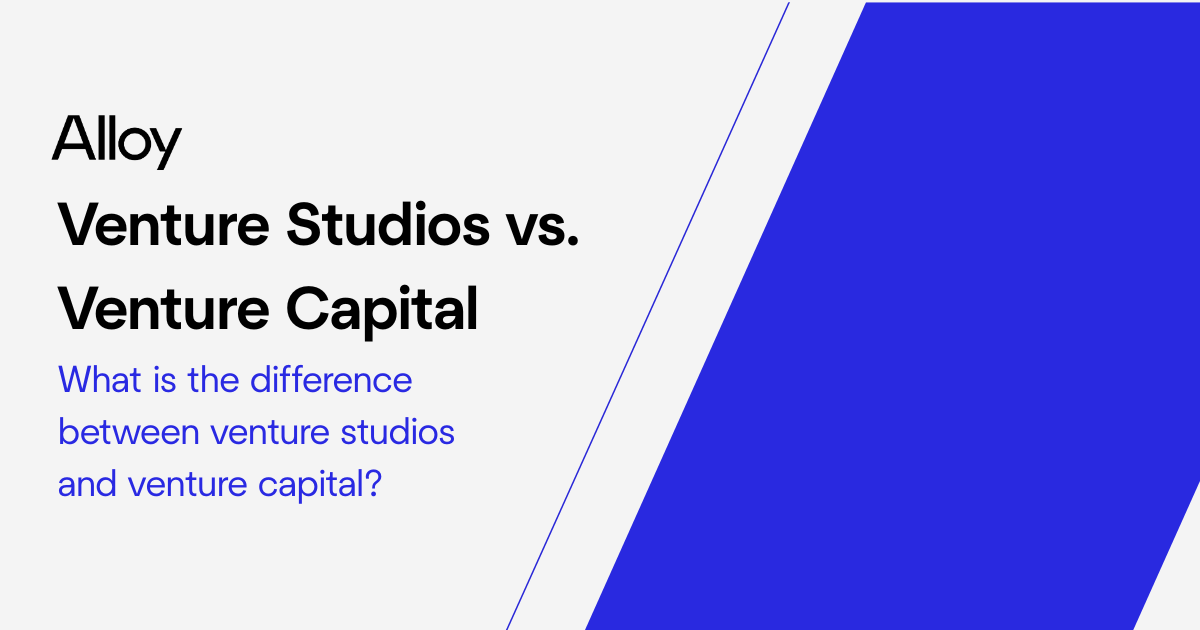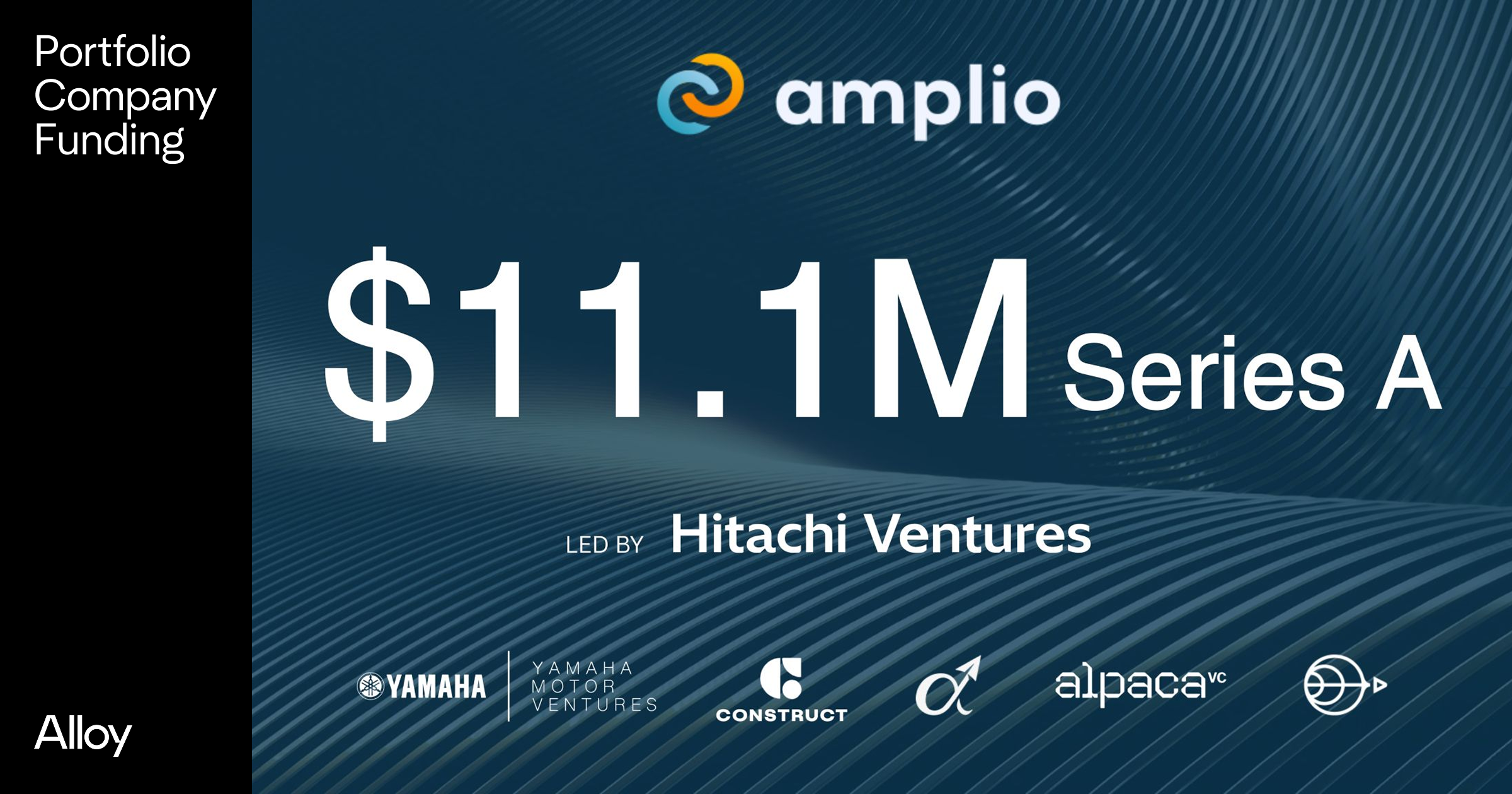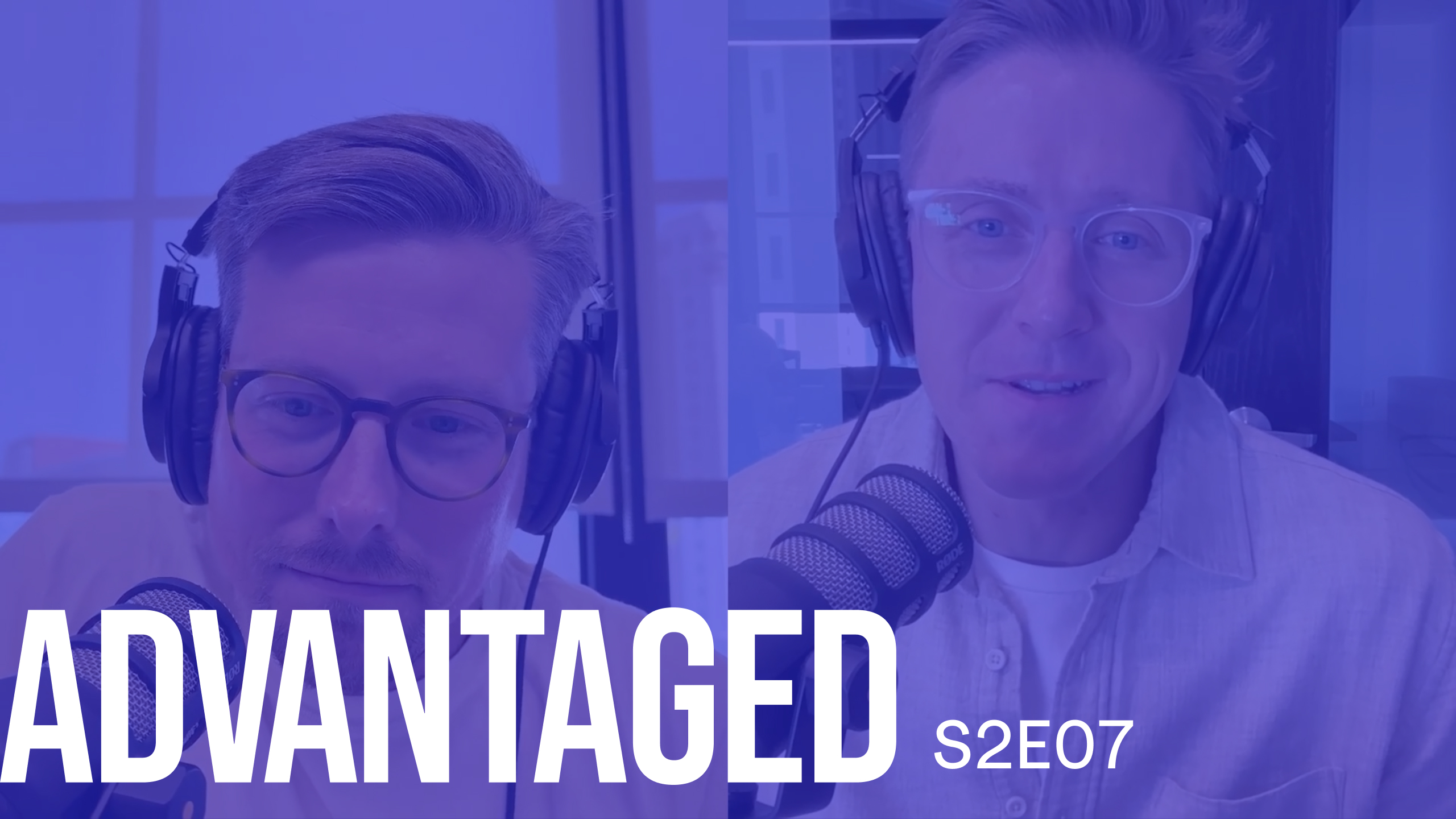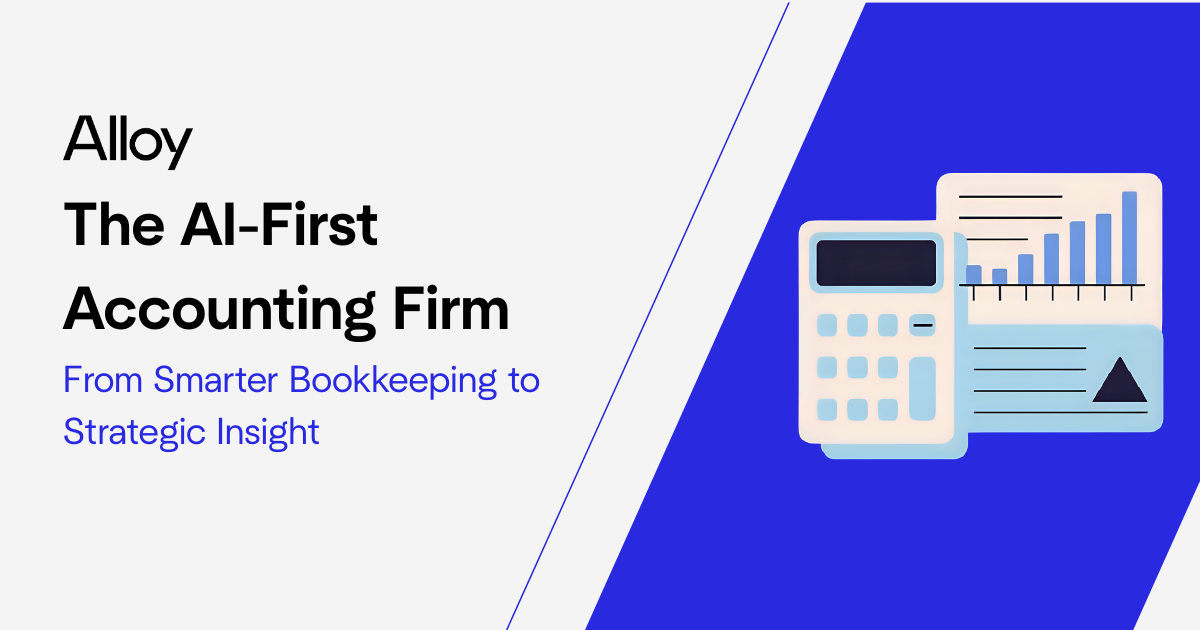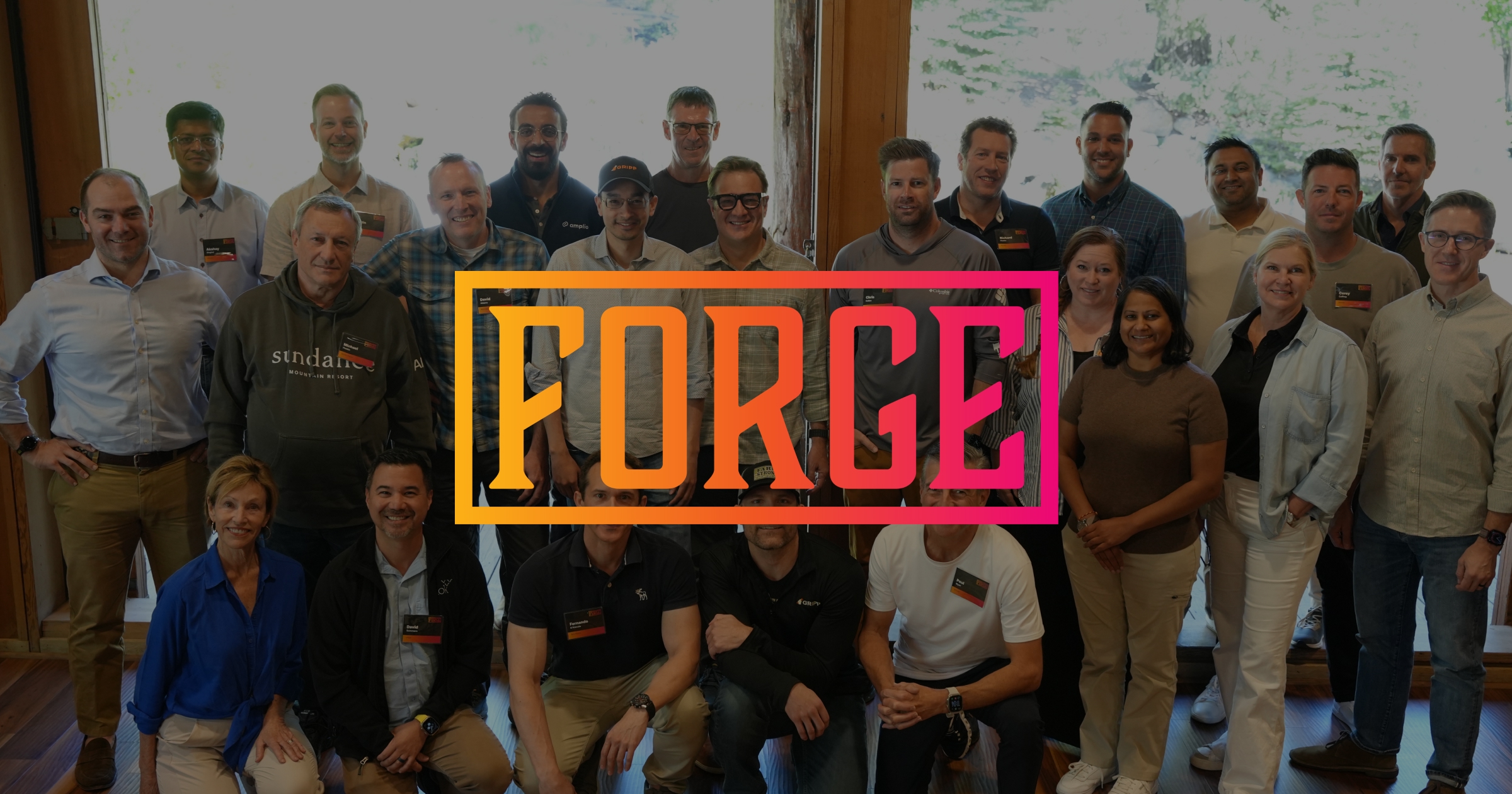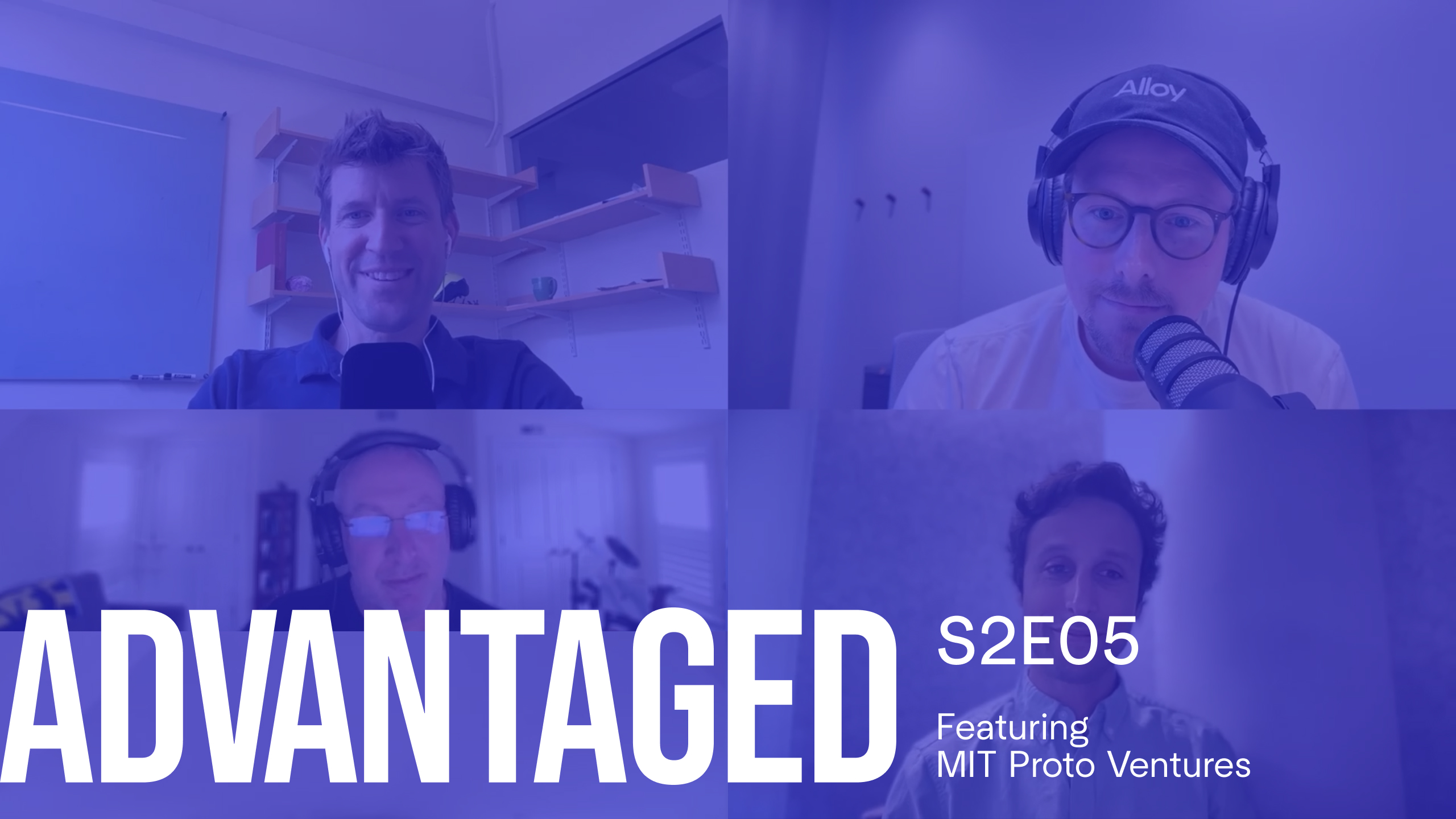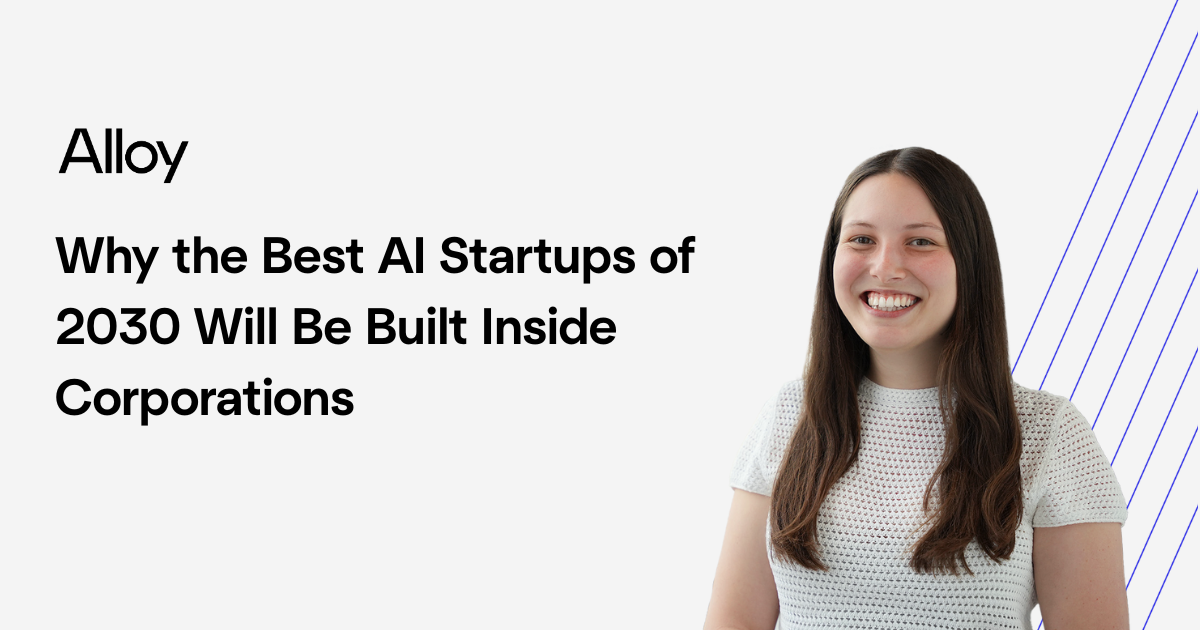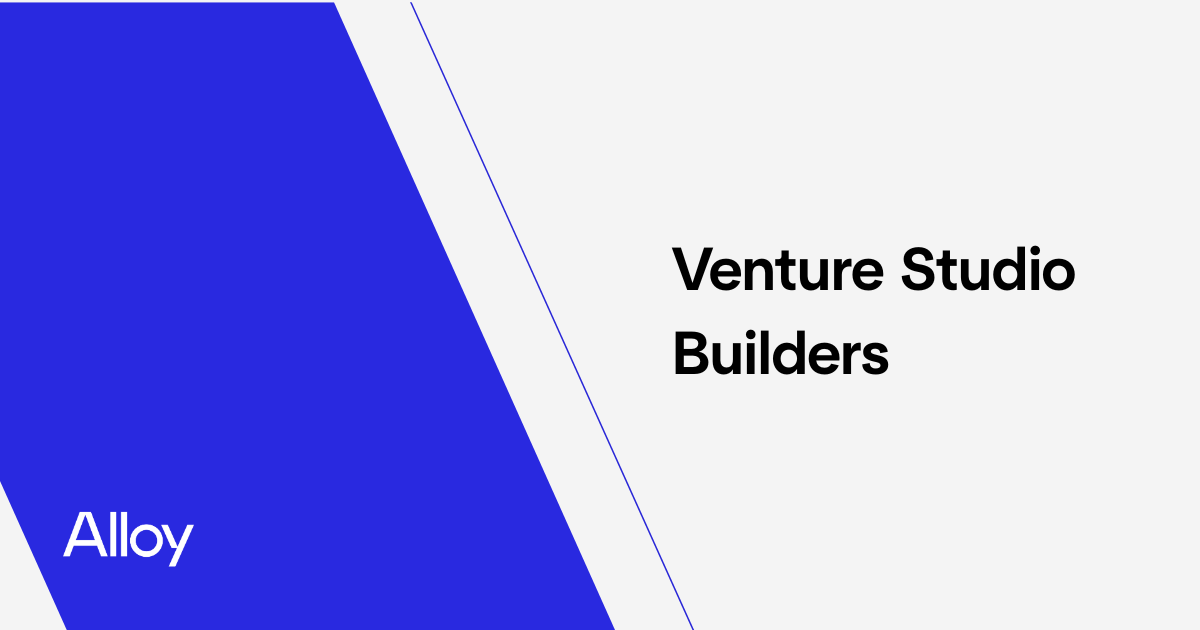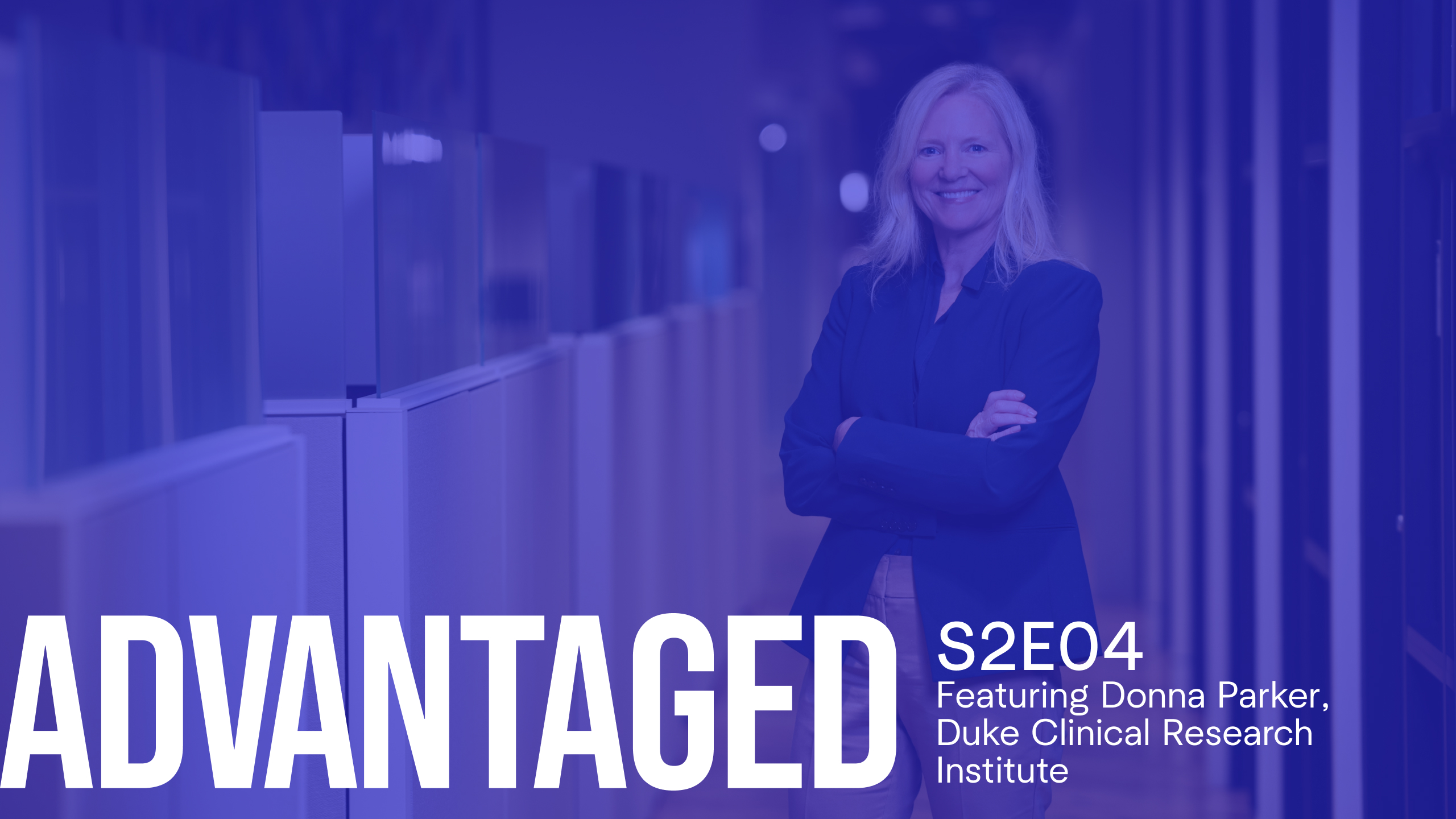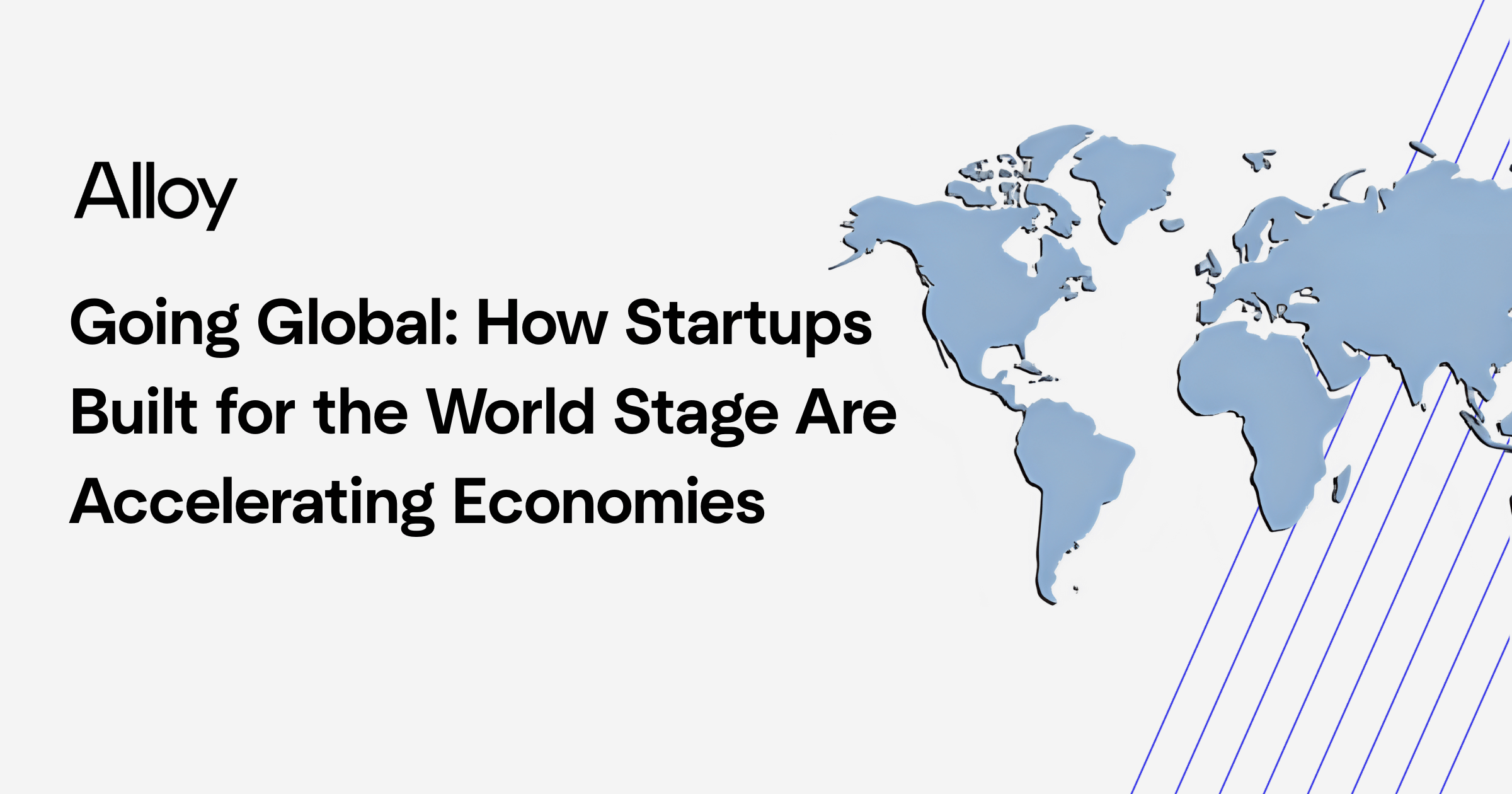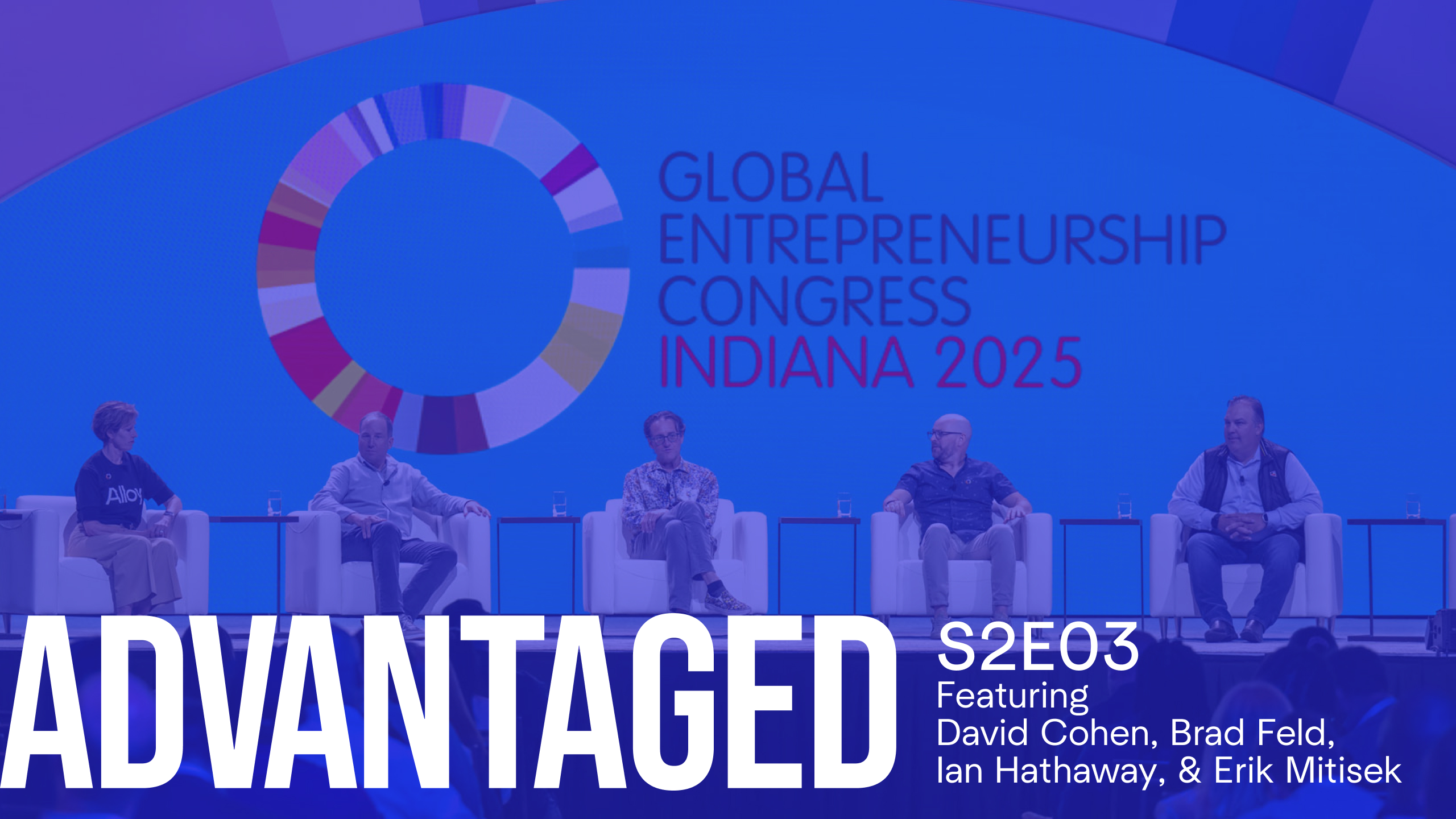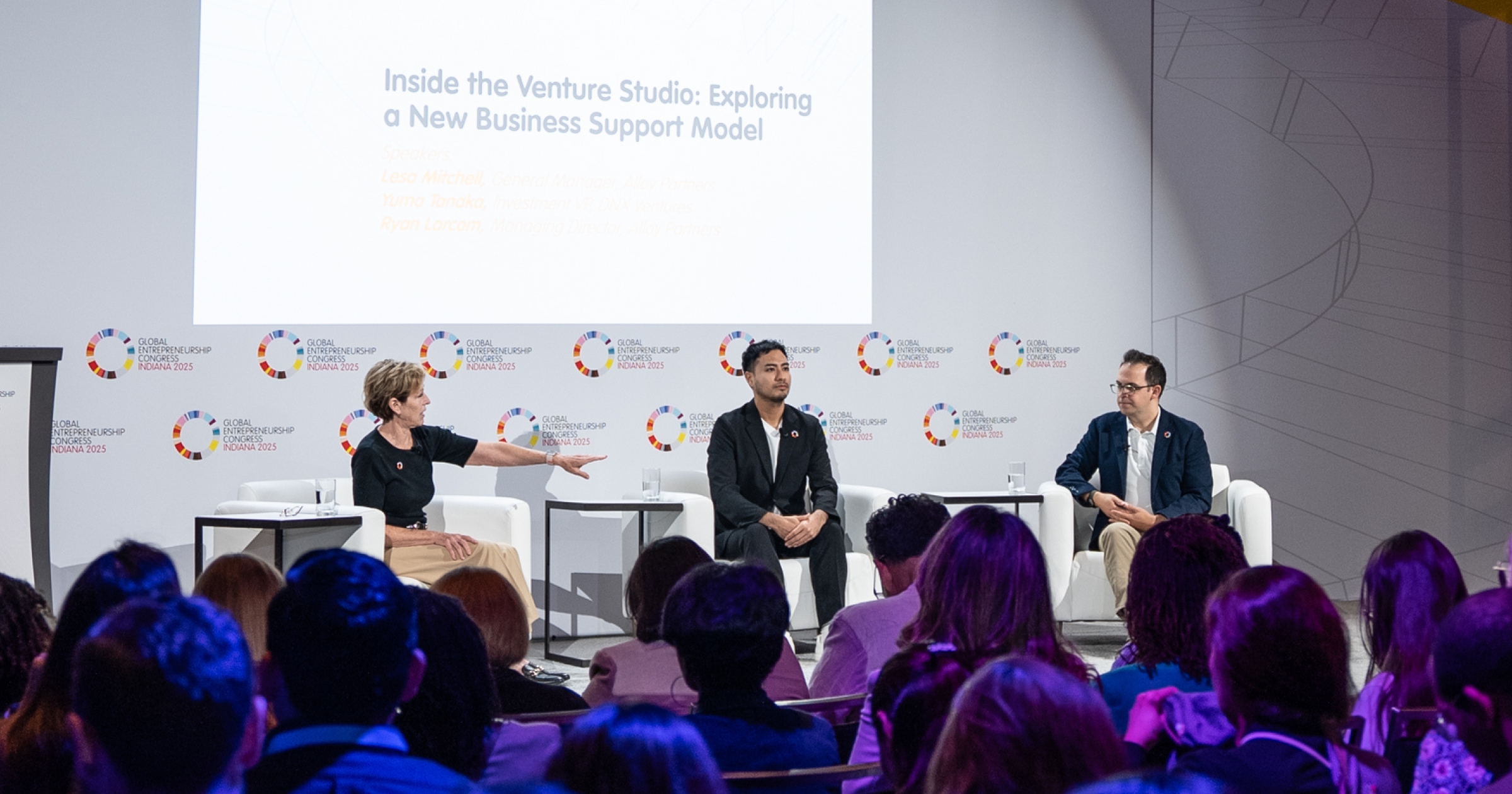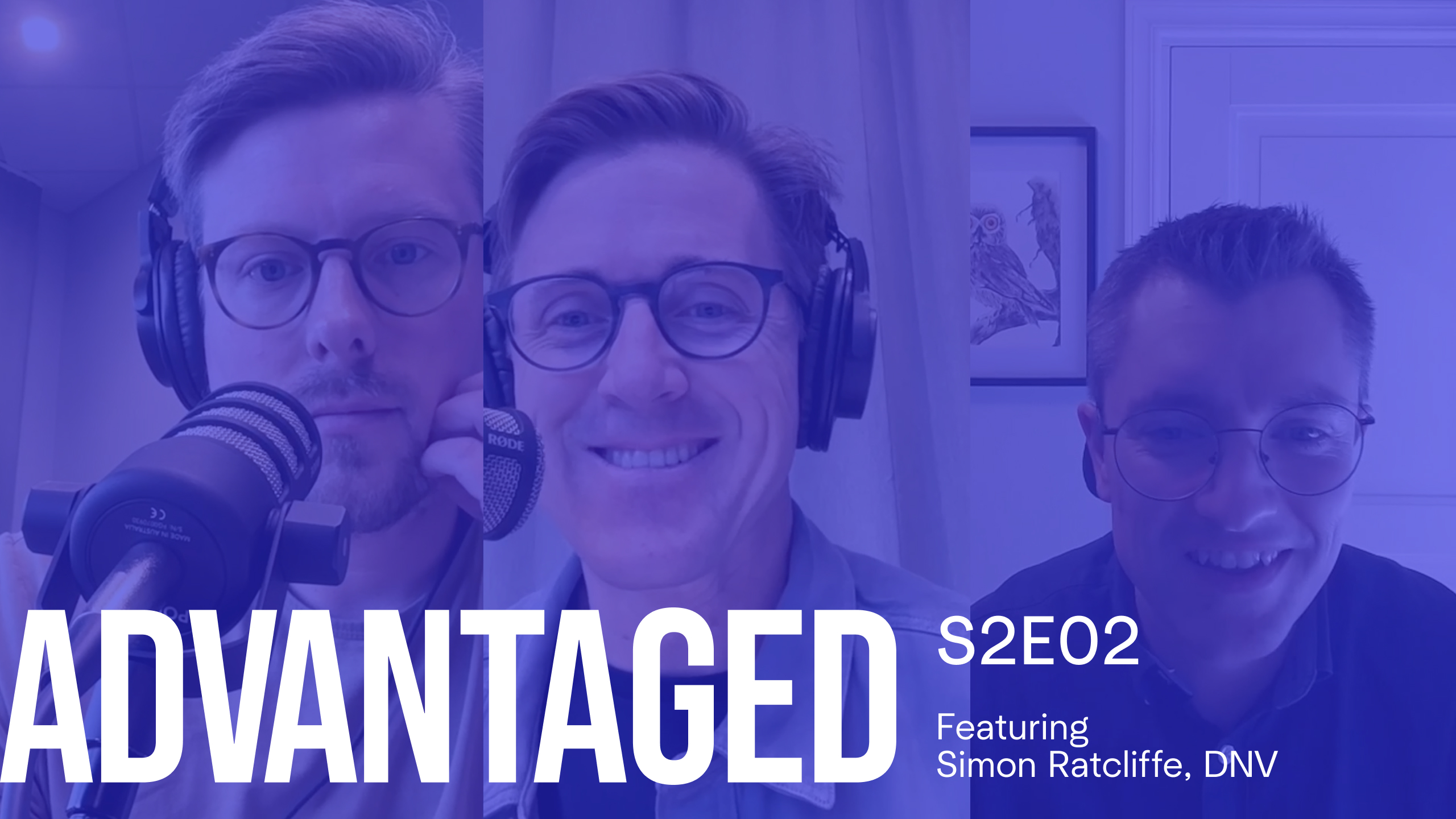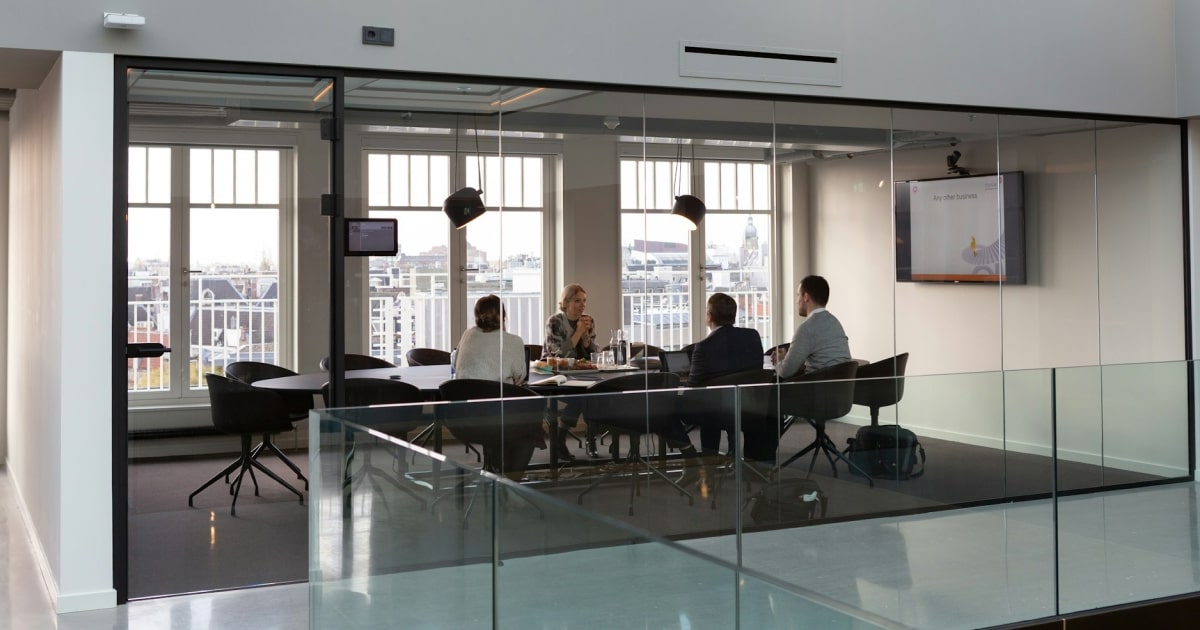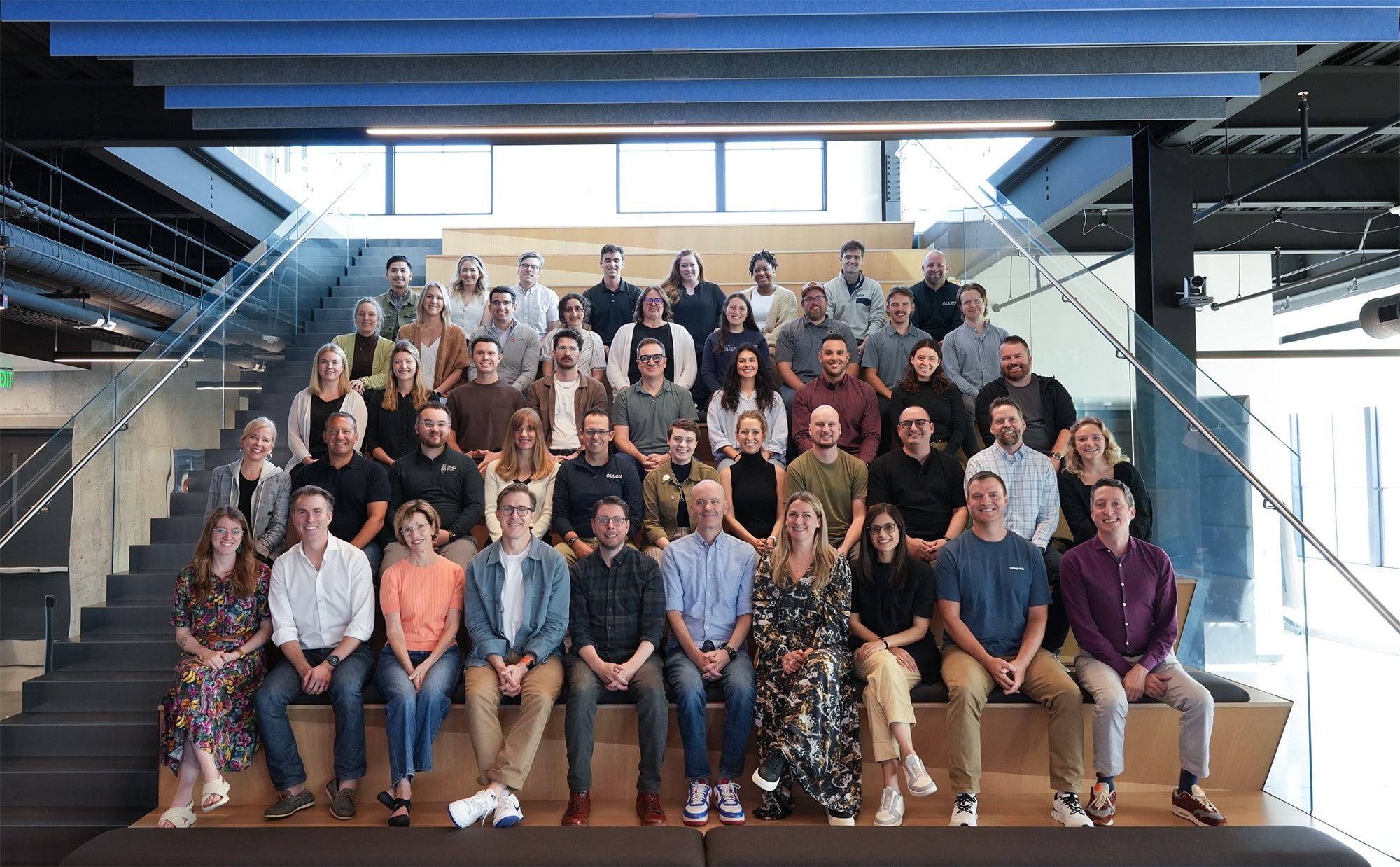Ryan Larcom, our Managing Director of Studios at Alloy Partners, recently joined fellow experts Rebecca Hamus and Frank Matters for a roundtable on accelerating corporate innovation, emphasizing strategies to overcome organizational hesitation and how to drive actionable outcomes.
The session offered a critical look at why corporate innovation stalls and provided concrete strategies for accelerating action. Below, we pulled together the key insights and frameworks shared by the panel, focusing on practical methods for overcoming paralysis and embedding rapid learning into the organizational DNA.
Diagnosing Corporate Hesitation
Today’s uncertain business environment leaves many senior leaders reluctant to commit to innovation, resulting in teams trapped in a "holding pattern", where teams wait for clarity that never fully arrives. The panel described three typical organizational reactions: delusion (“forge ahead with no changes”), paralysis (“wait for more clarity”), and frenzy (“scattergun experimentation”). Most companies today lean toward either paralysis or unfocused frenzy, which stifles meaningful innovation and delays progress.
Action Over Waiting
Ryan shared that despite corporations holding record levels of cash, they often miss prime moments to innovate, especially in economic downturns. Short-term metrics tend to dominate, and organizations measure innovation in ways that stifle strategic growth. Instead, you should reframe innovation as capital allocation and create “forcing functions” that overcome internal vetoes and inertia. Our approach at Alloy Partners’ is all about facilitating bundled decision-making sessions, breaking large innovation bets into rapid, low-risk experiments, and prioritizing urgent action over endless debate. We have launched dozens of startups with Fortune 500s and leading universities, deploying experimentation as a tool to gain strategic clarity.
The Power of Rapid Learning
Rebecca Hamus also reframed uncertainty as not inherently bad, but as a prime environment for learning and growth. She underscored the enduring principle of value creation and introduced the concept of “learning loops”—tight, iterative cycles that maximize insight from every experiment. Sheproposed several practical tactics: banning opinion-led meetings in favor of assumption-testing frameworks, empowering everyone to experiment (with short cycles and clear parameters), and setting "no regret moves"—actions that yield value regardless of outcome. Larcom further detailed the right decision-making structures for innovation, highlighting that aligning around small, rapid experiments, rather than large, expensive pilots, is key. The specifics: minimize the commitment for initial action, focus on the right set of metrics (favoring strategic learning rather than execution numbers), and include influential leaders in decision cycles.
Overall, innovation leaders should be deploying these tactics:
- Redefine corporate experimentation as “testing assumptions one at a time,” not just executing pilots
- Shorten experimental time frames—two weeks is the longest anyone should wait for learning
- Ban opinion-led meetings in favor of fact-based, assumption-testing frameworks
- Use “no regret moves” that provide learning or strategic advantage, even if initial hypotheses prove inaccurate
- Codify clear decision-making rights to combine speed and alignment, both at the team and company level
You should be shifting from heads-down execution mode to heads-up learning mode, embracing experiments that produce real insights and reduce uncertainty. Alloy Partners, who stands out for pioneering practical, experiment-driven models for corporate innovation, was highlighted as converting organizational uncertainty into rapid learning and strategic growth, supported by structural changes in how decisions are made and capital is allocated. The roundtable offered a blueprint for leaders and teams looking to break cycles of hesitation and accelerate innovation.
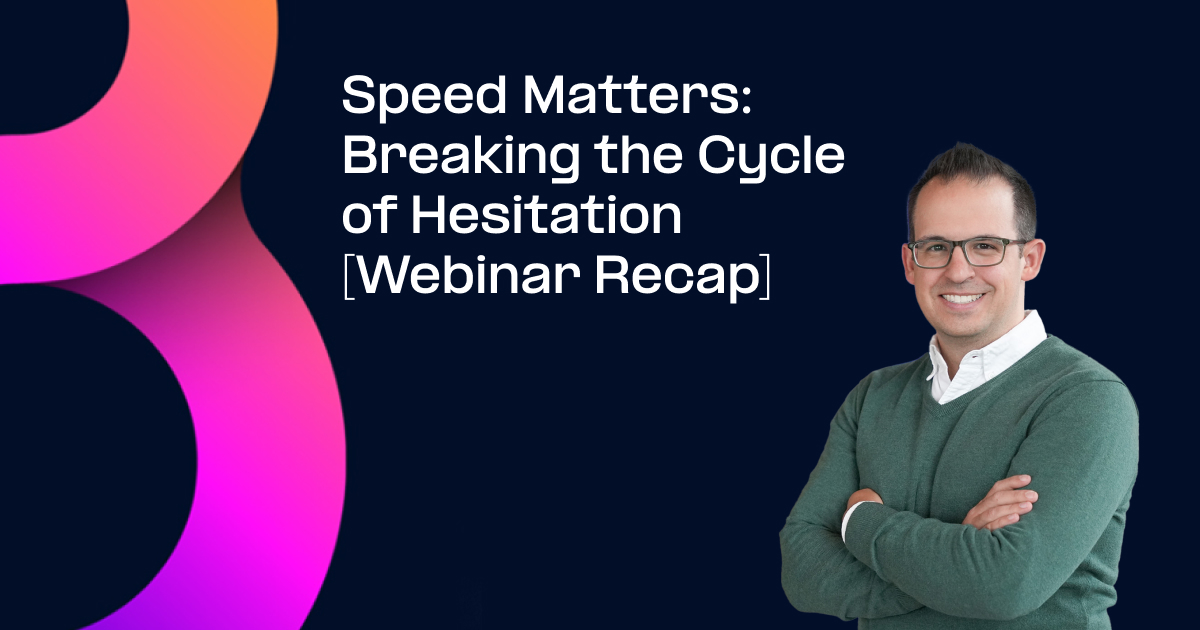










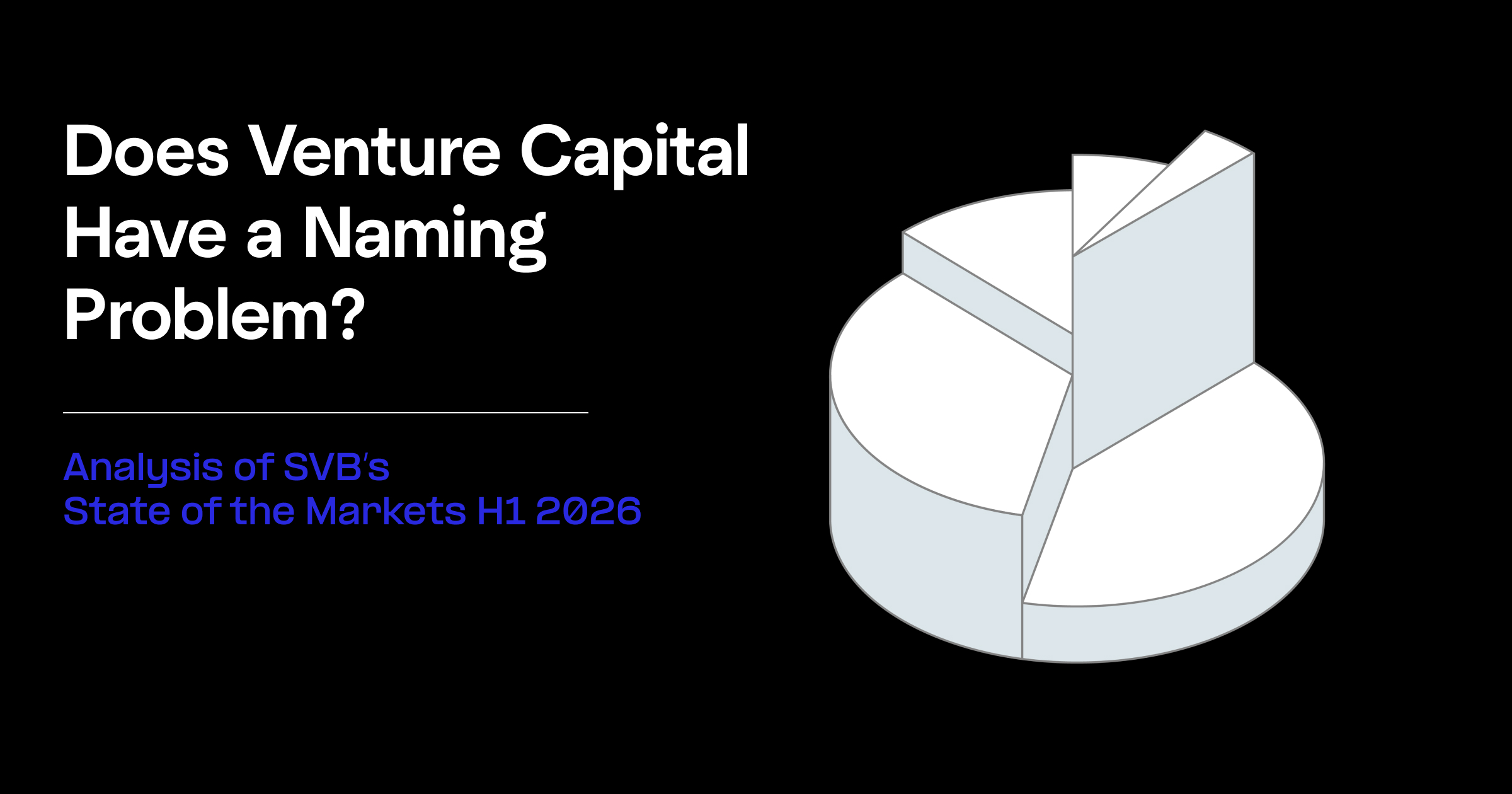
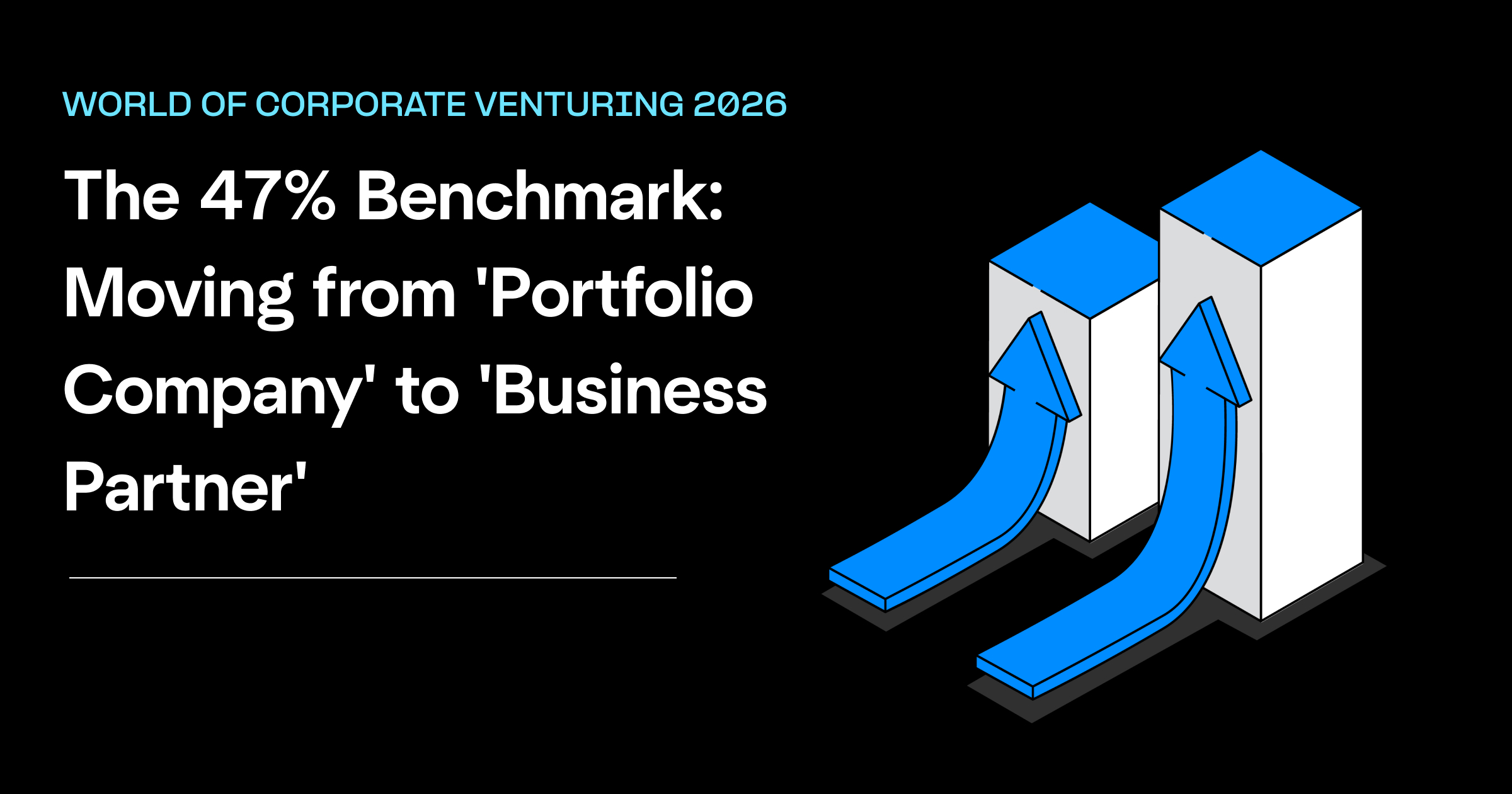

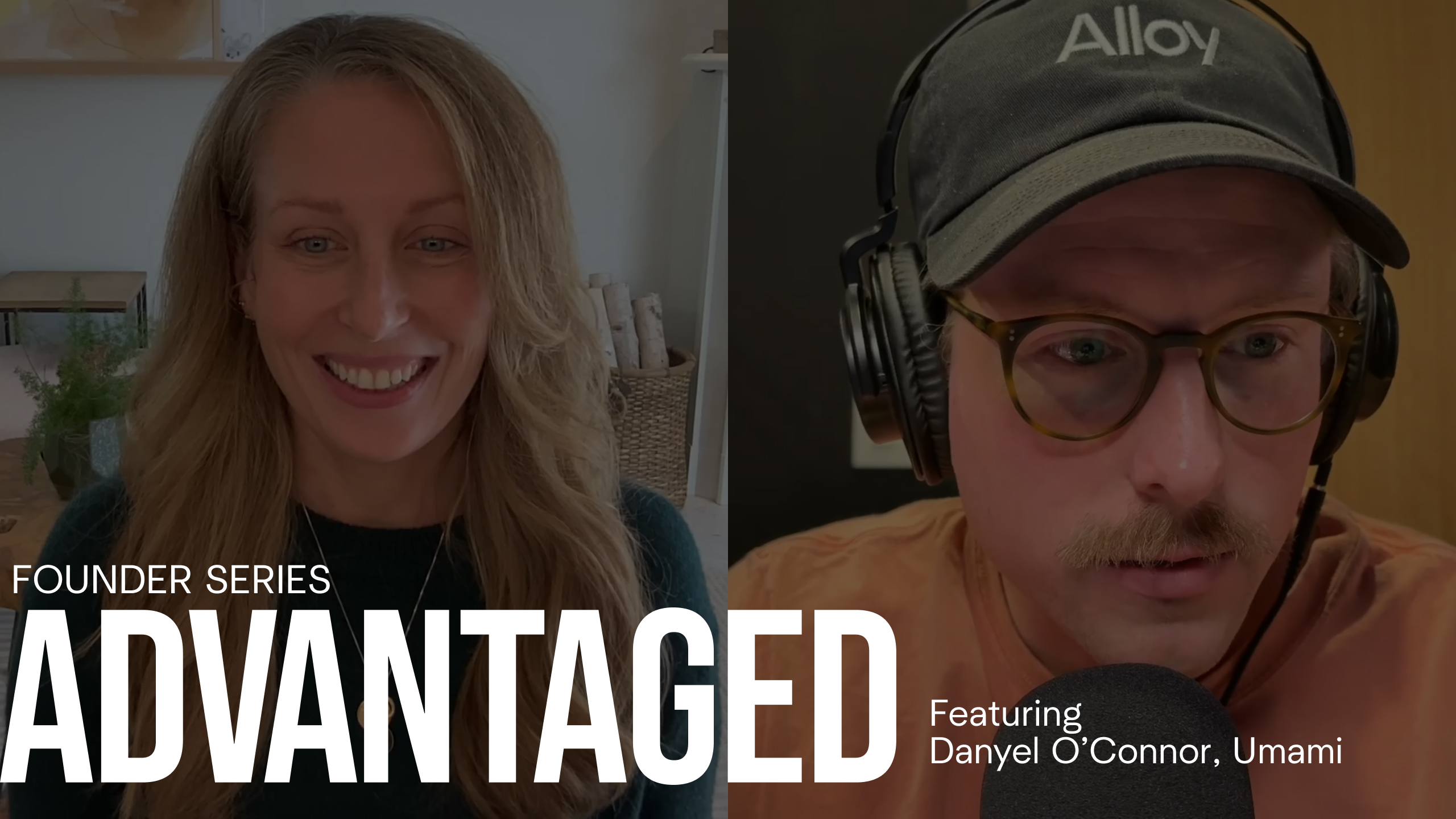
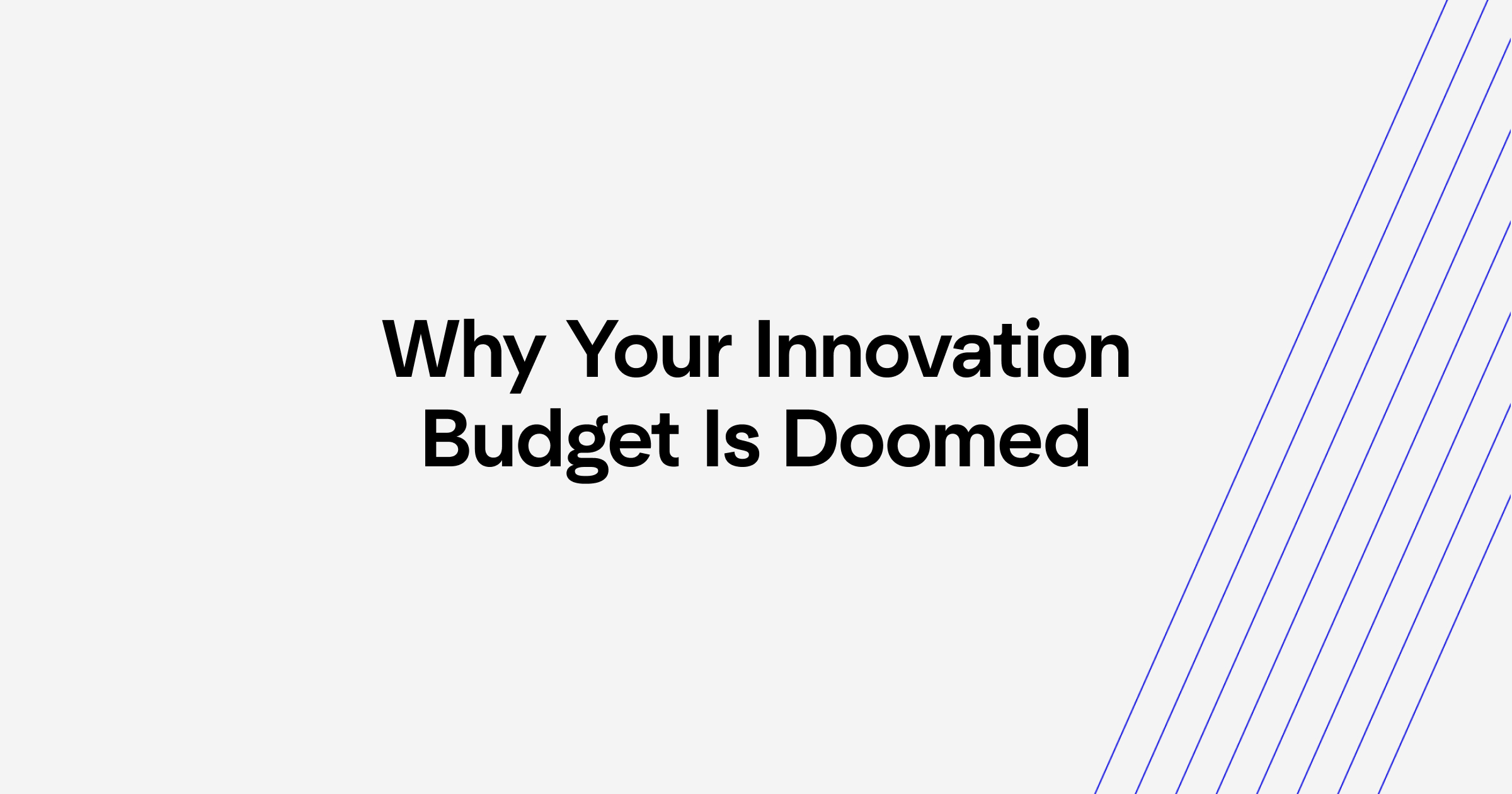
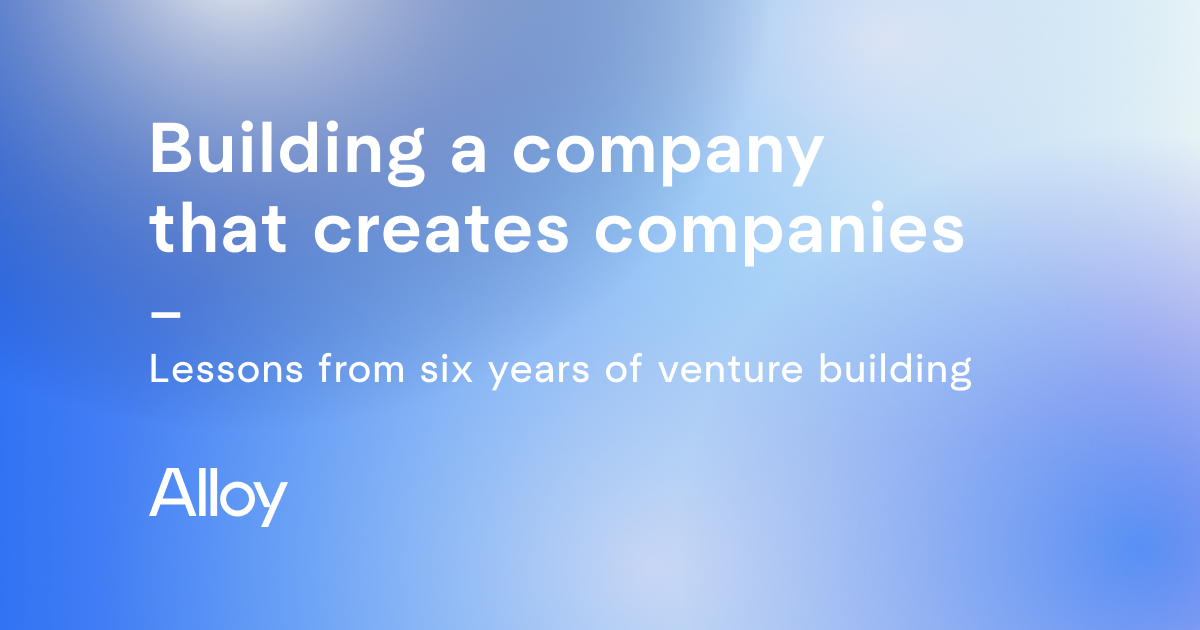
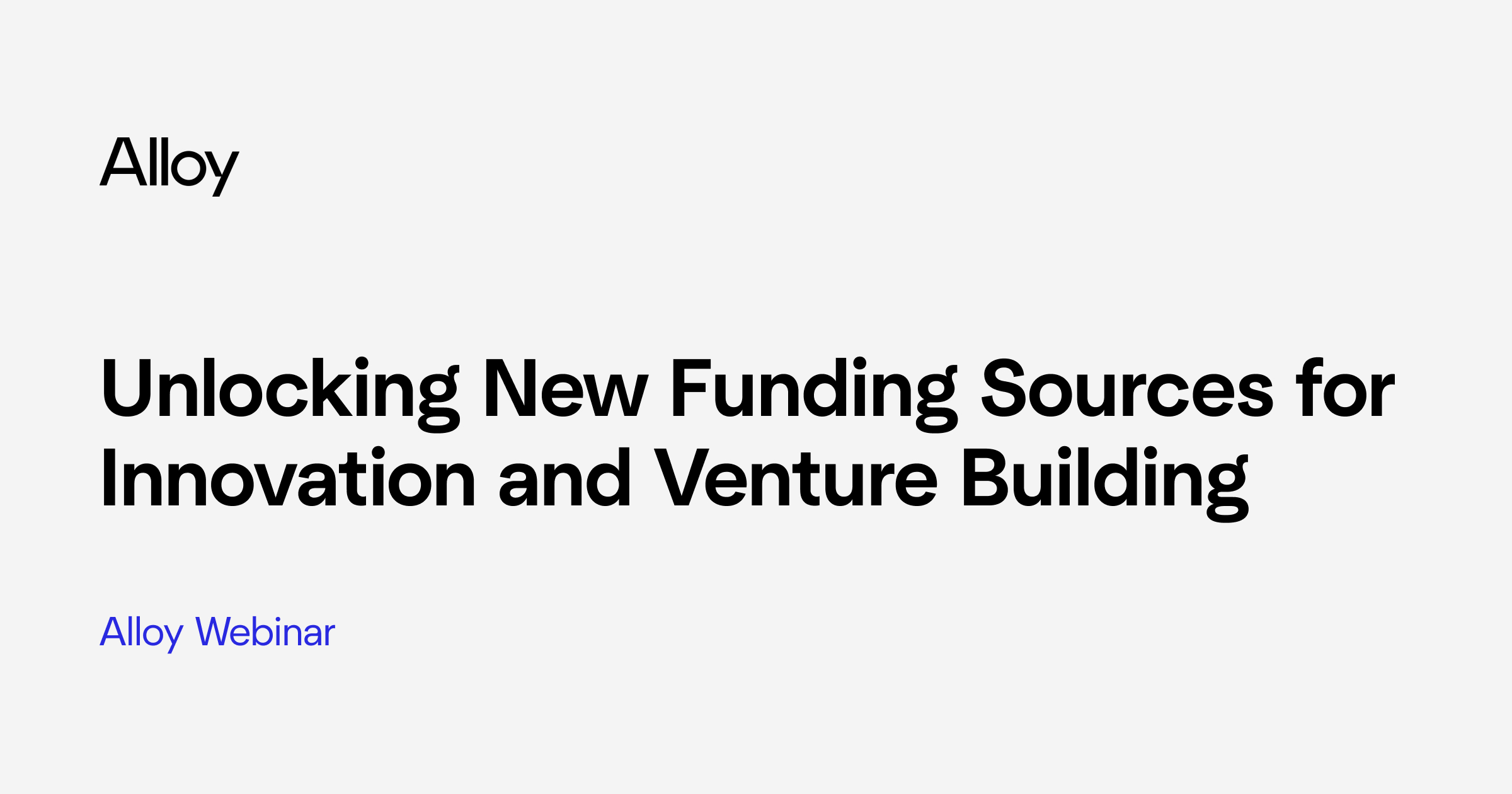

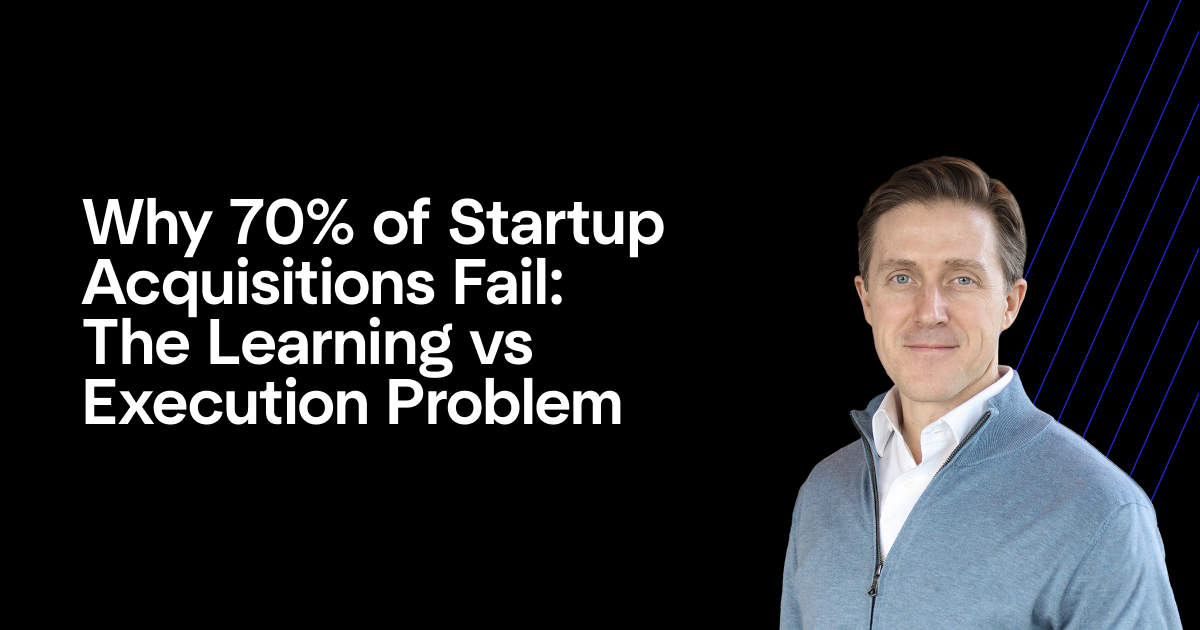


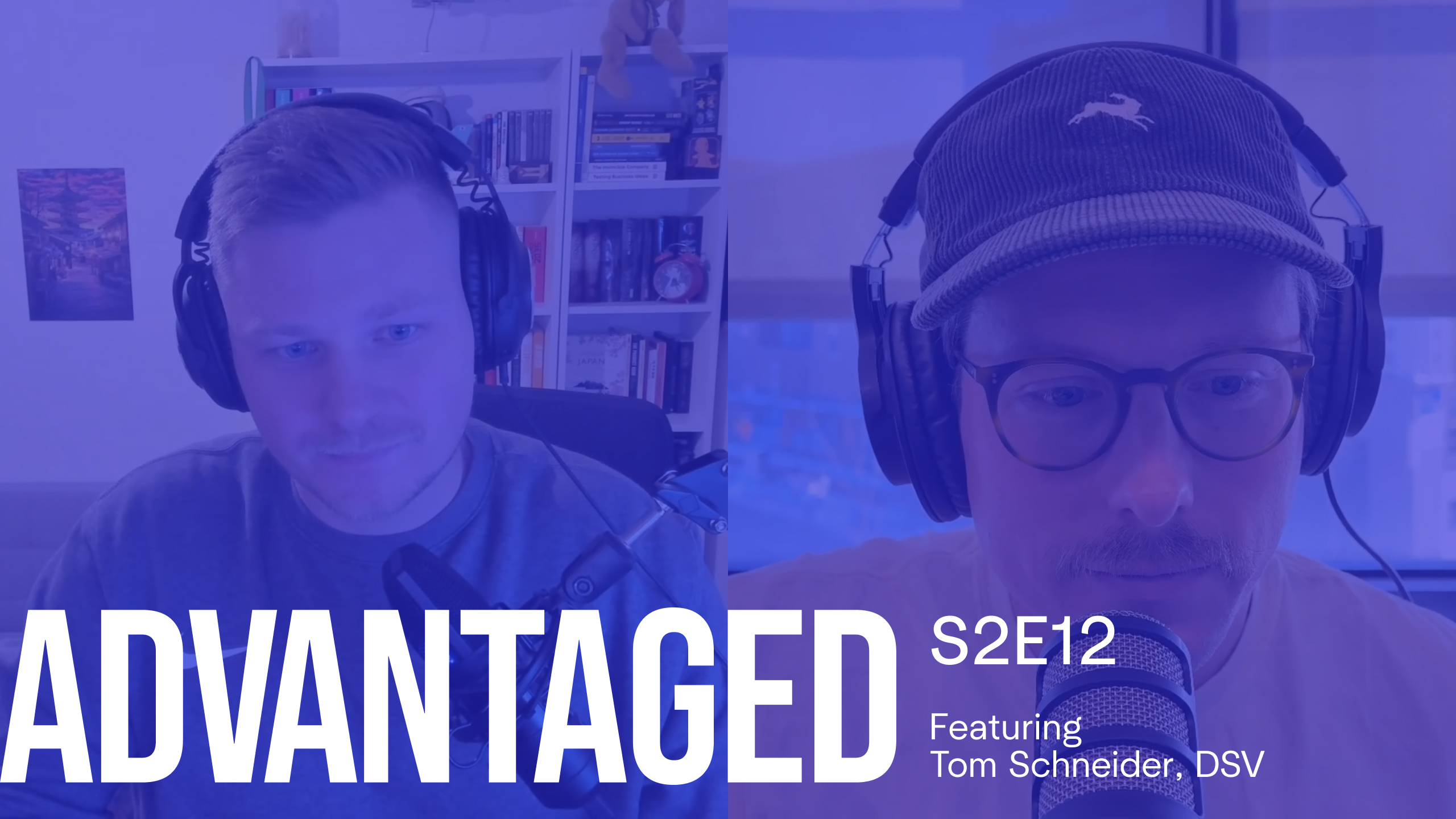
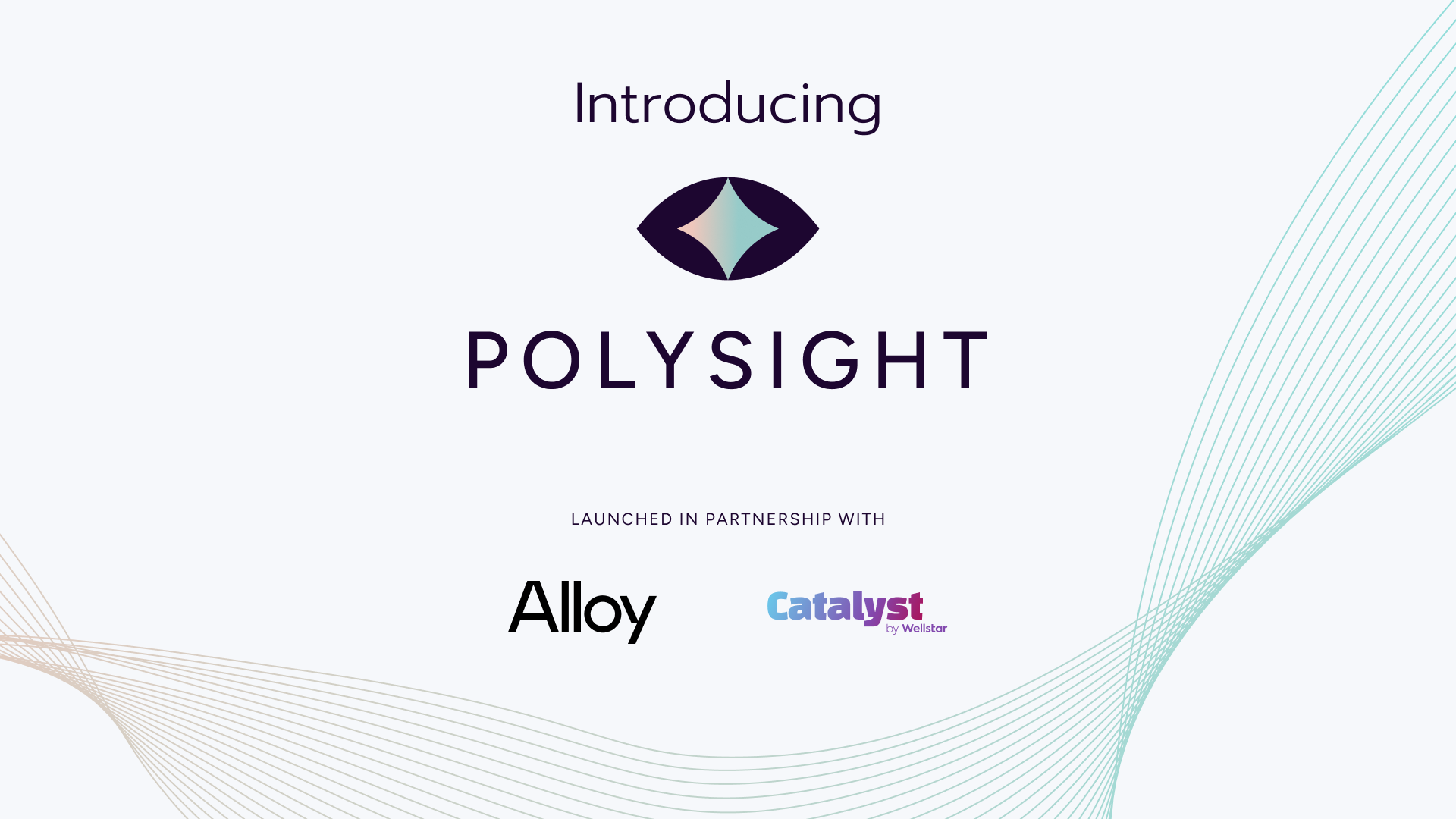
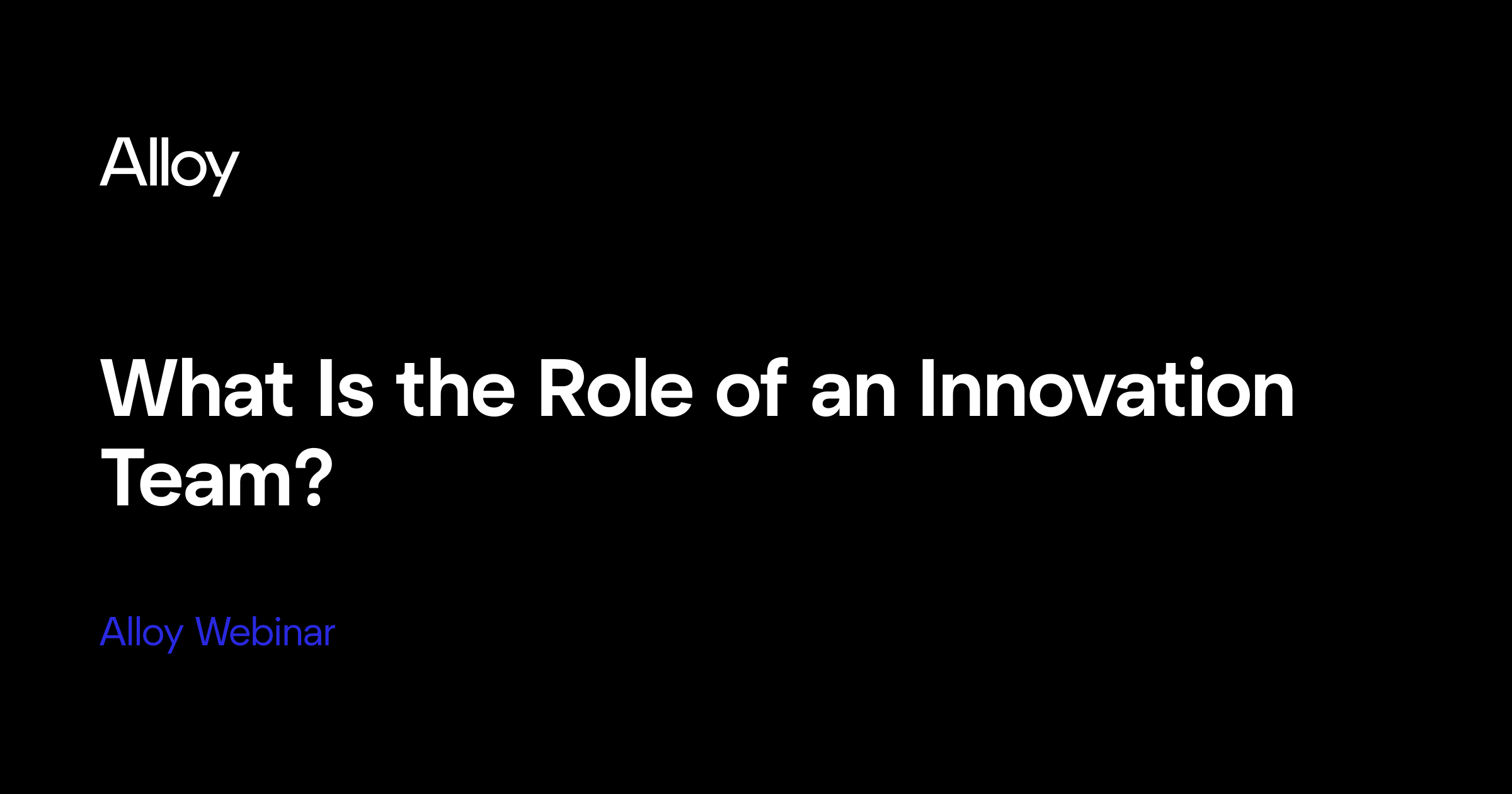
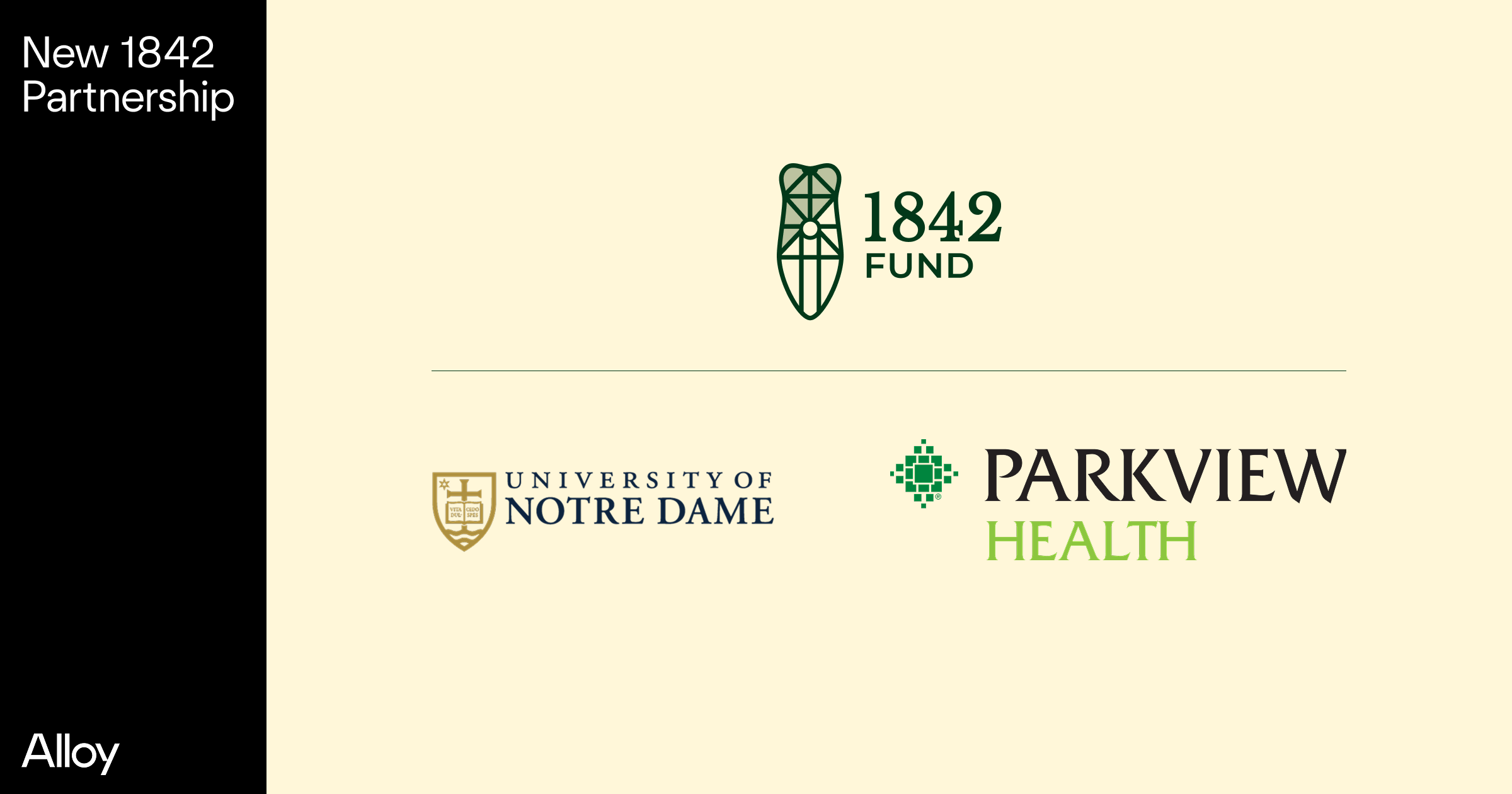
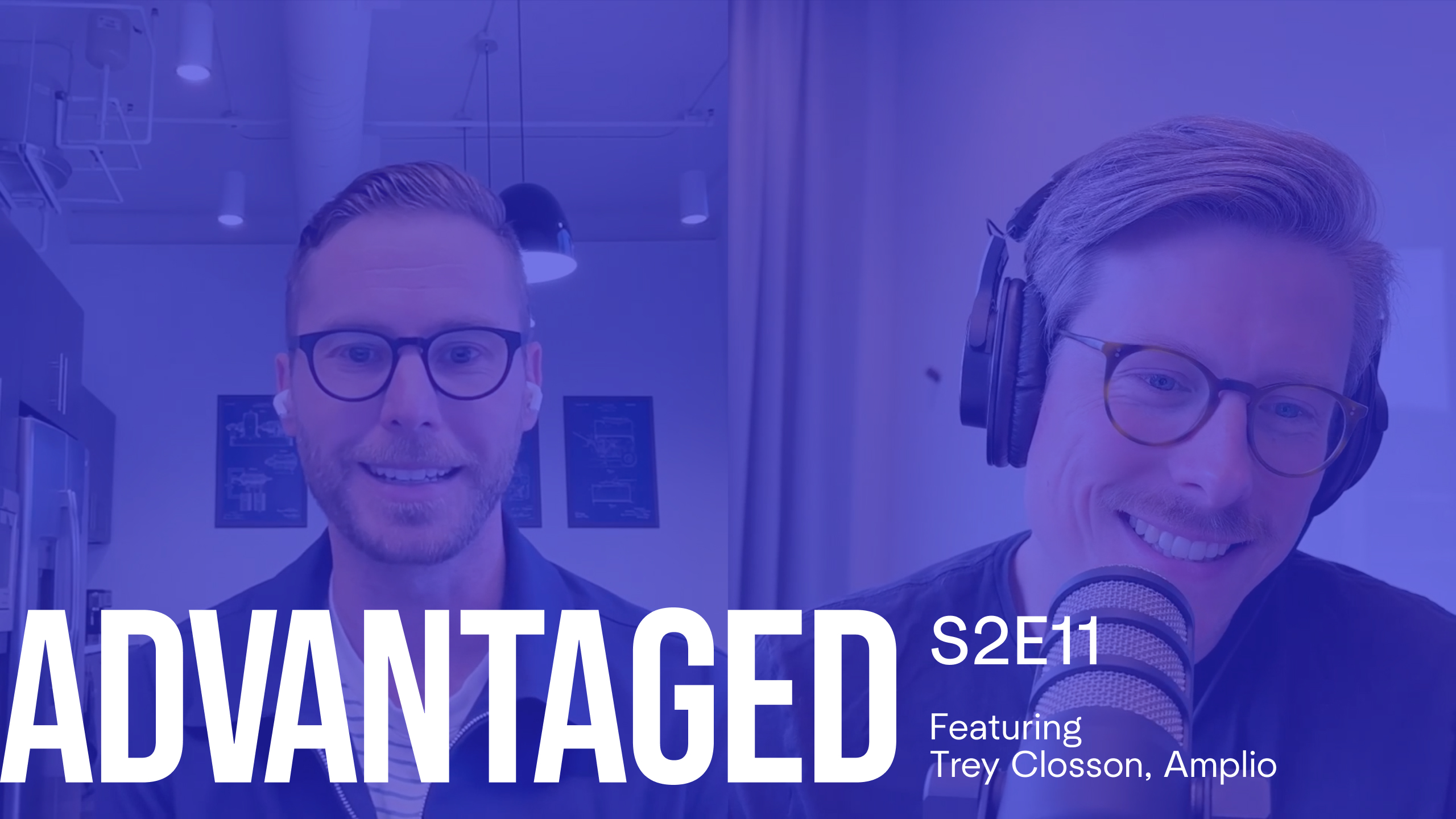
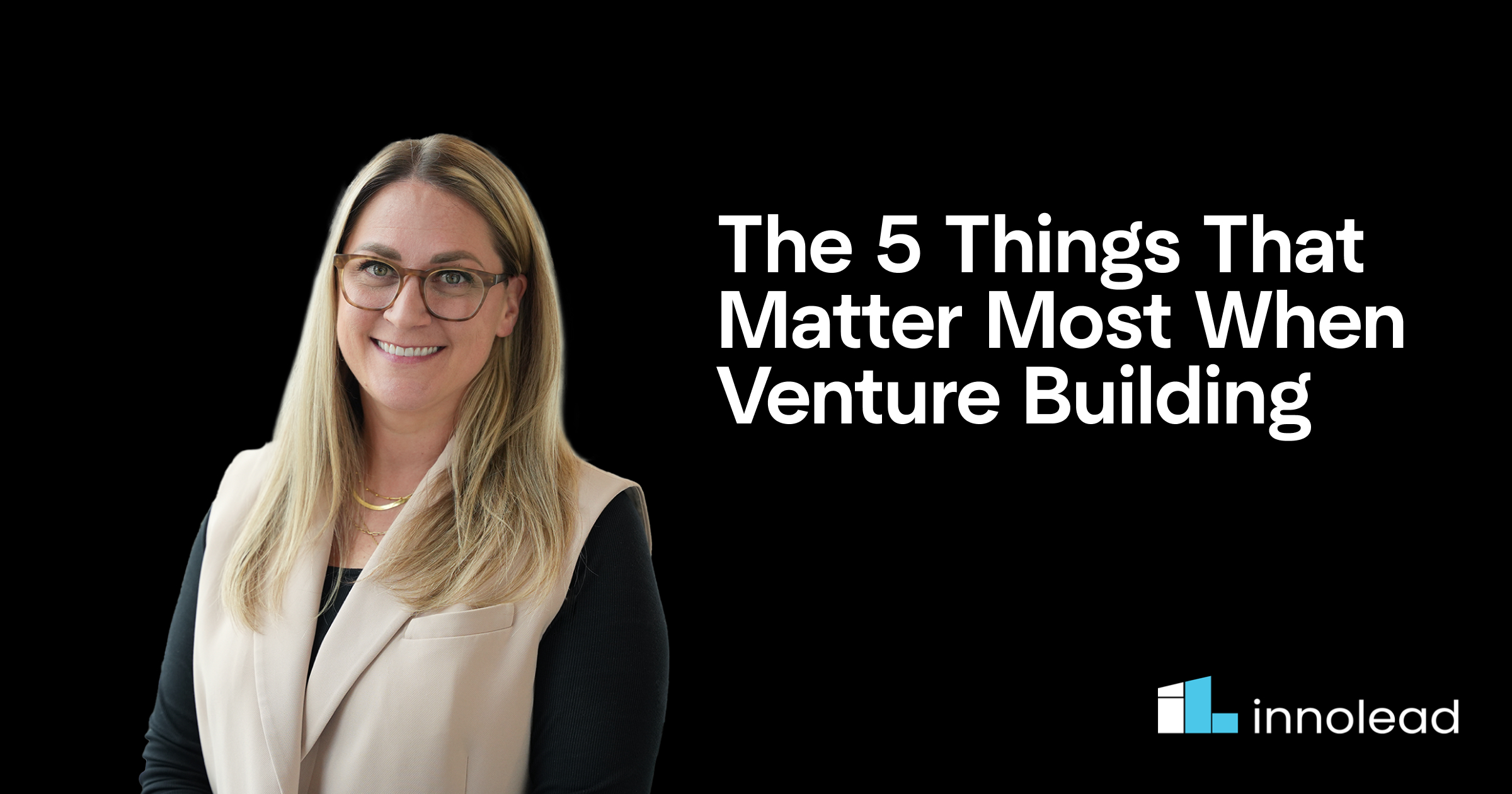
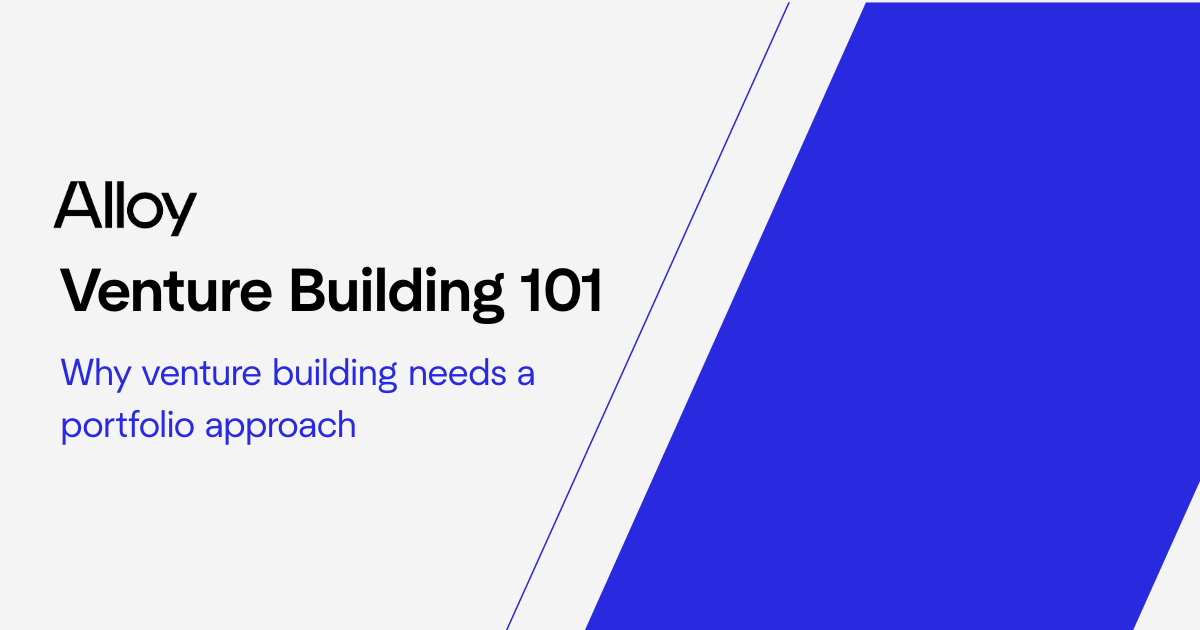
.png)
